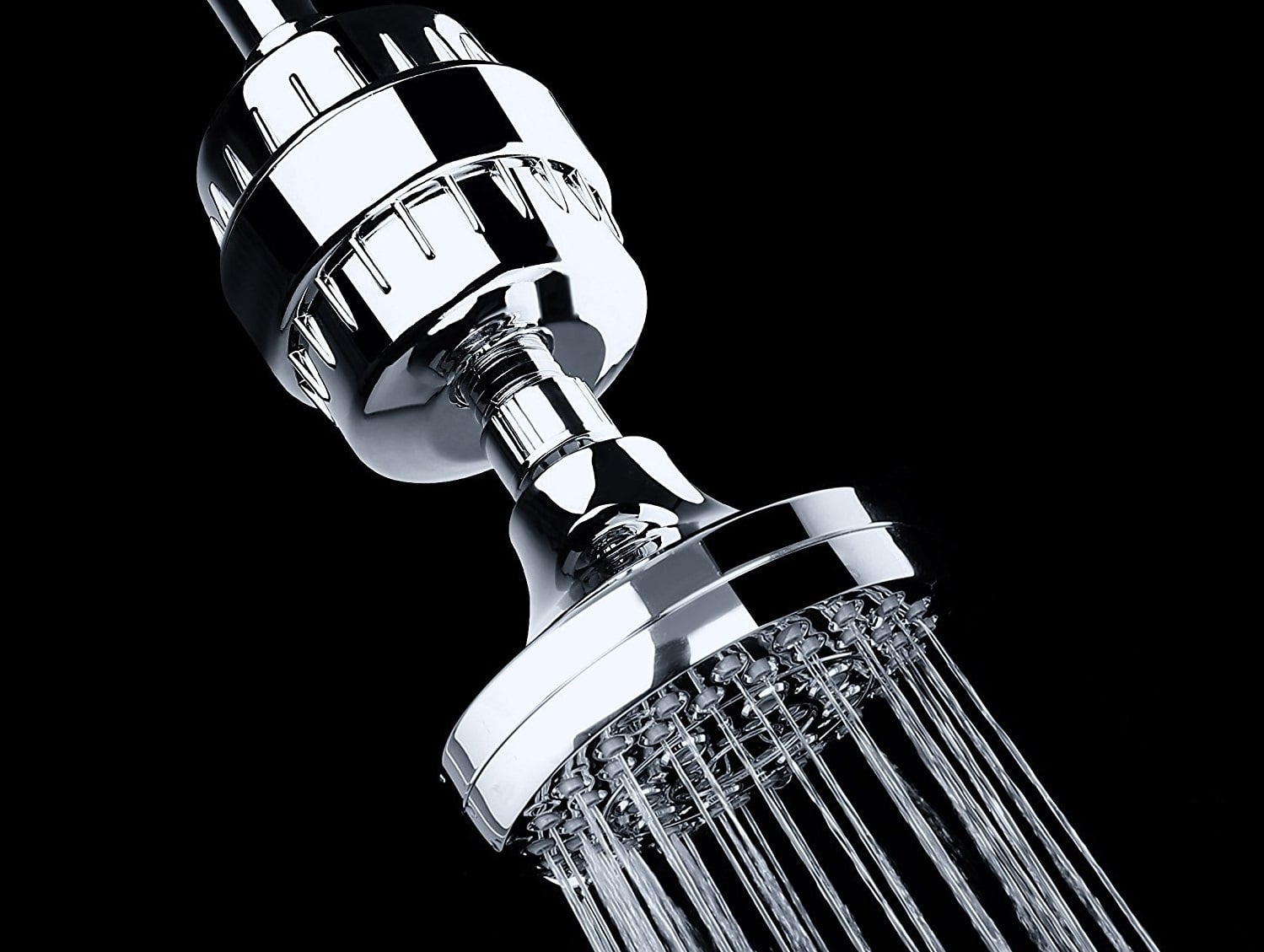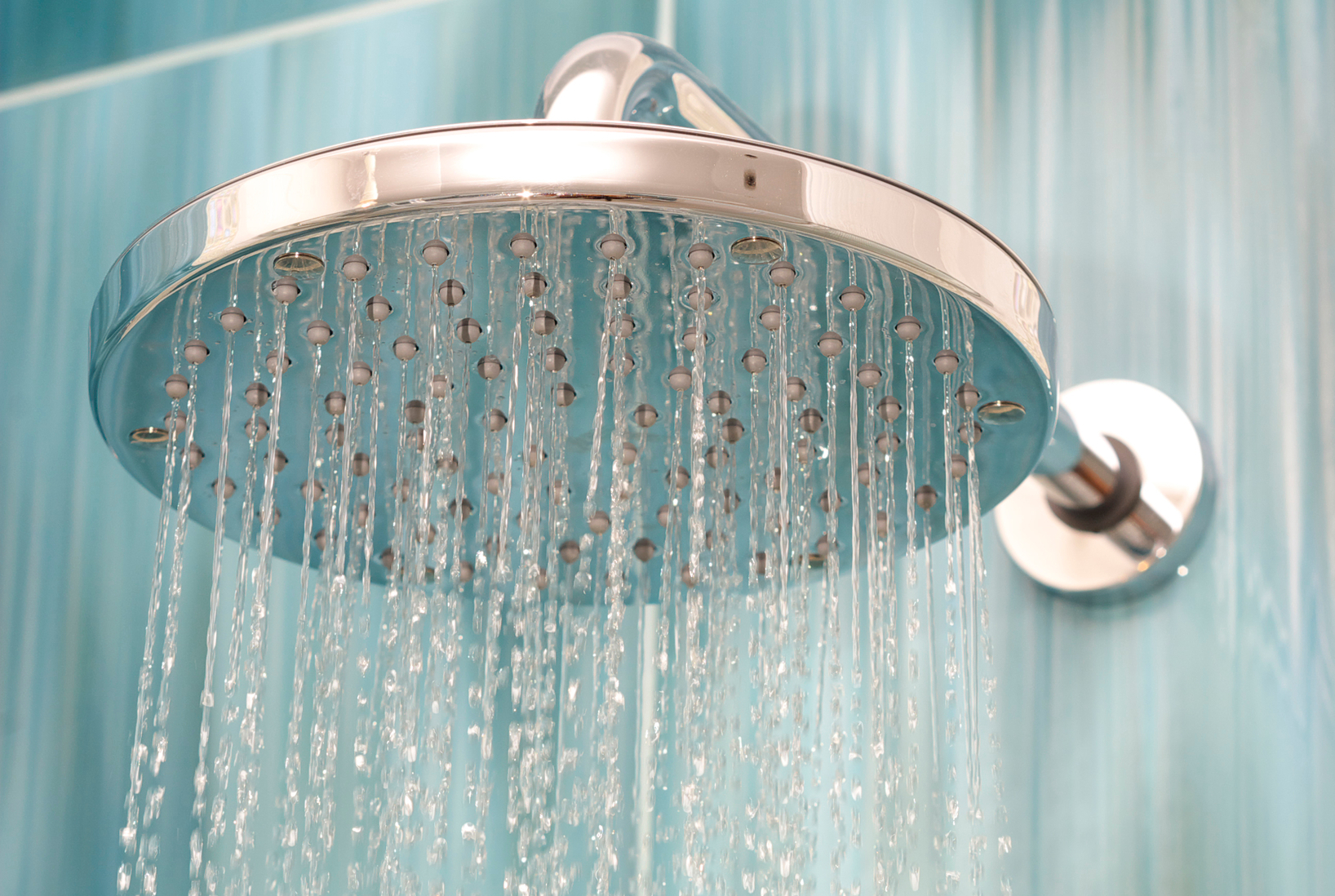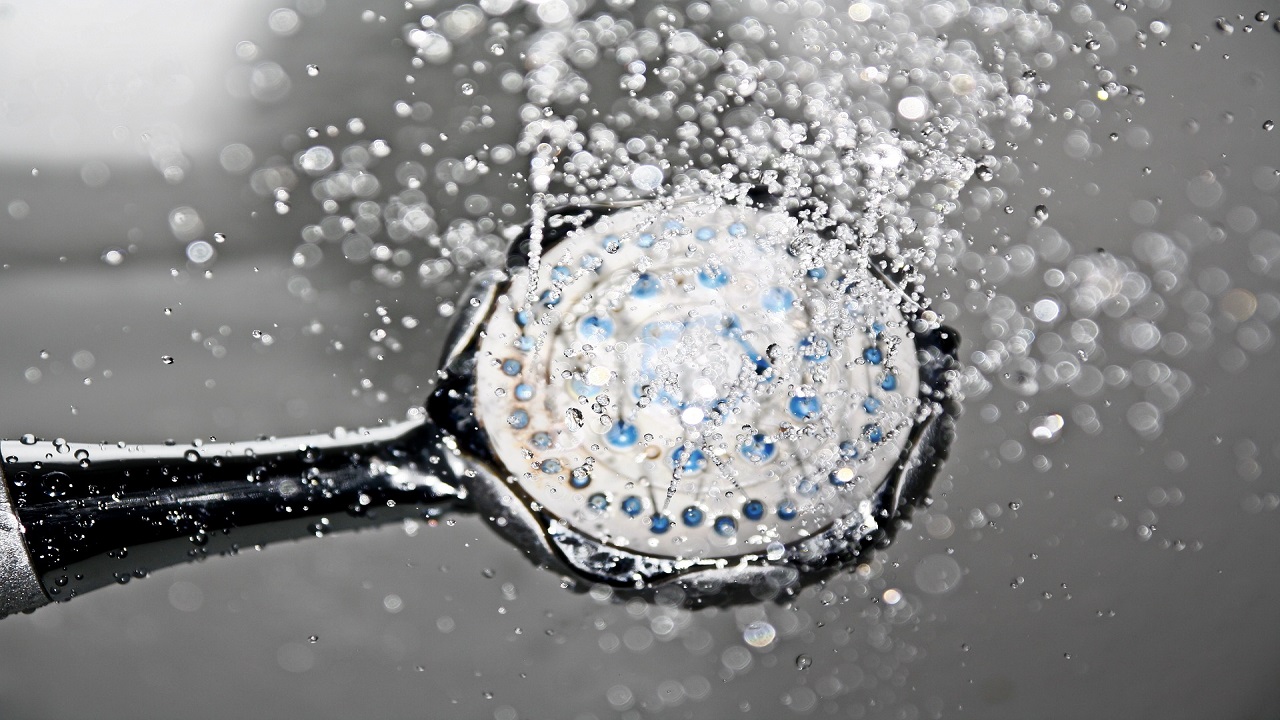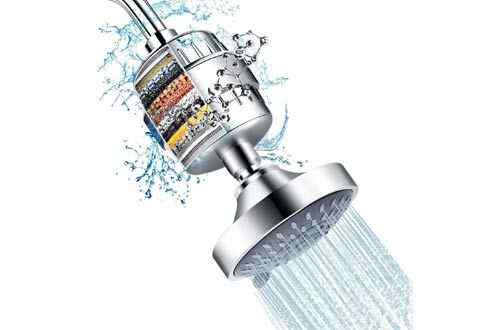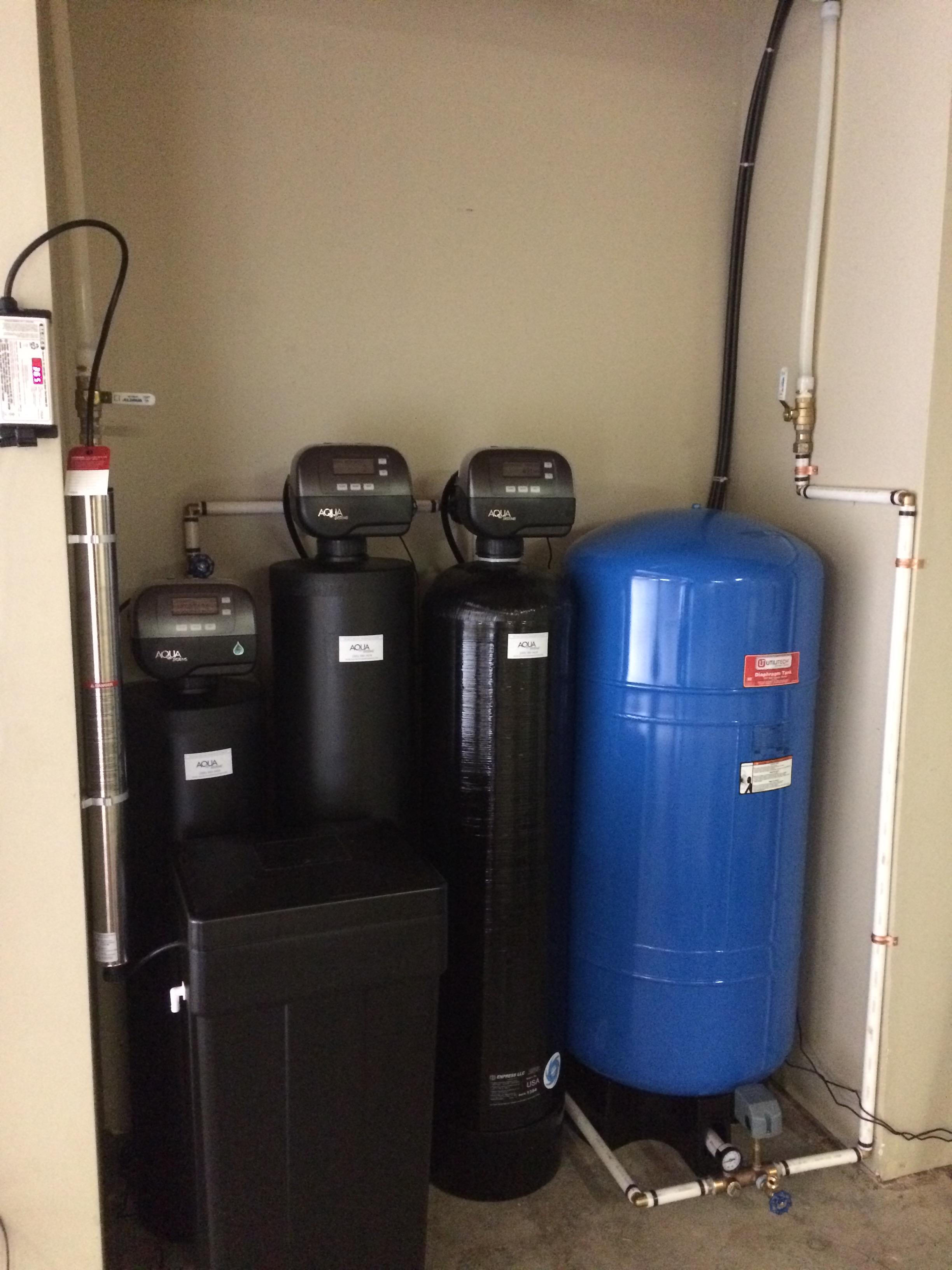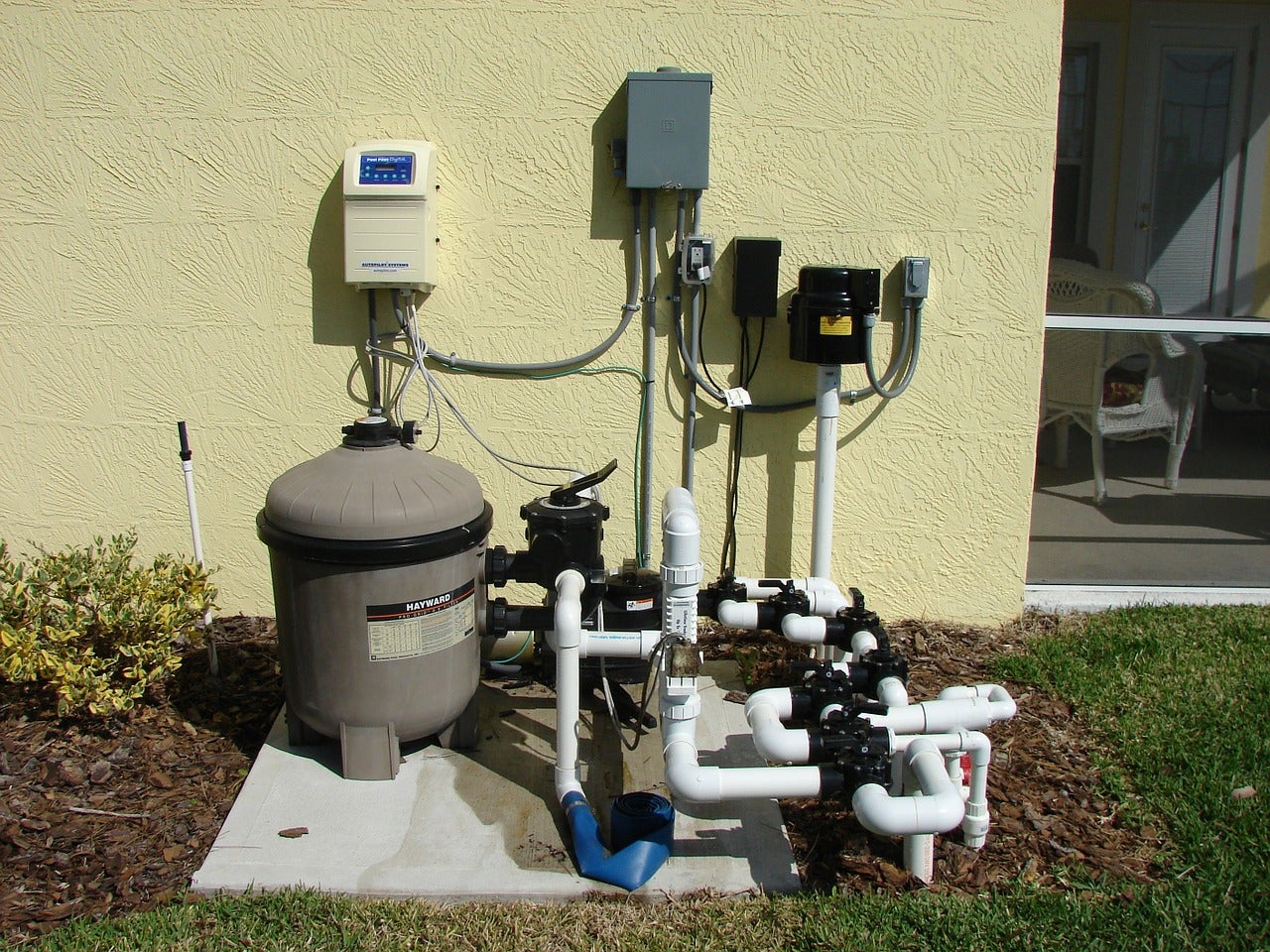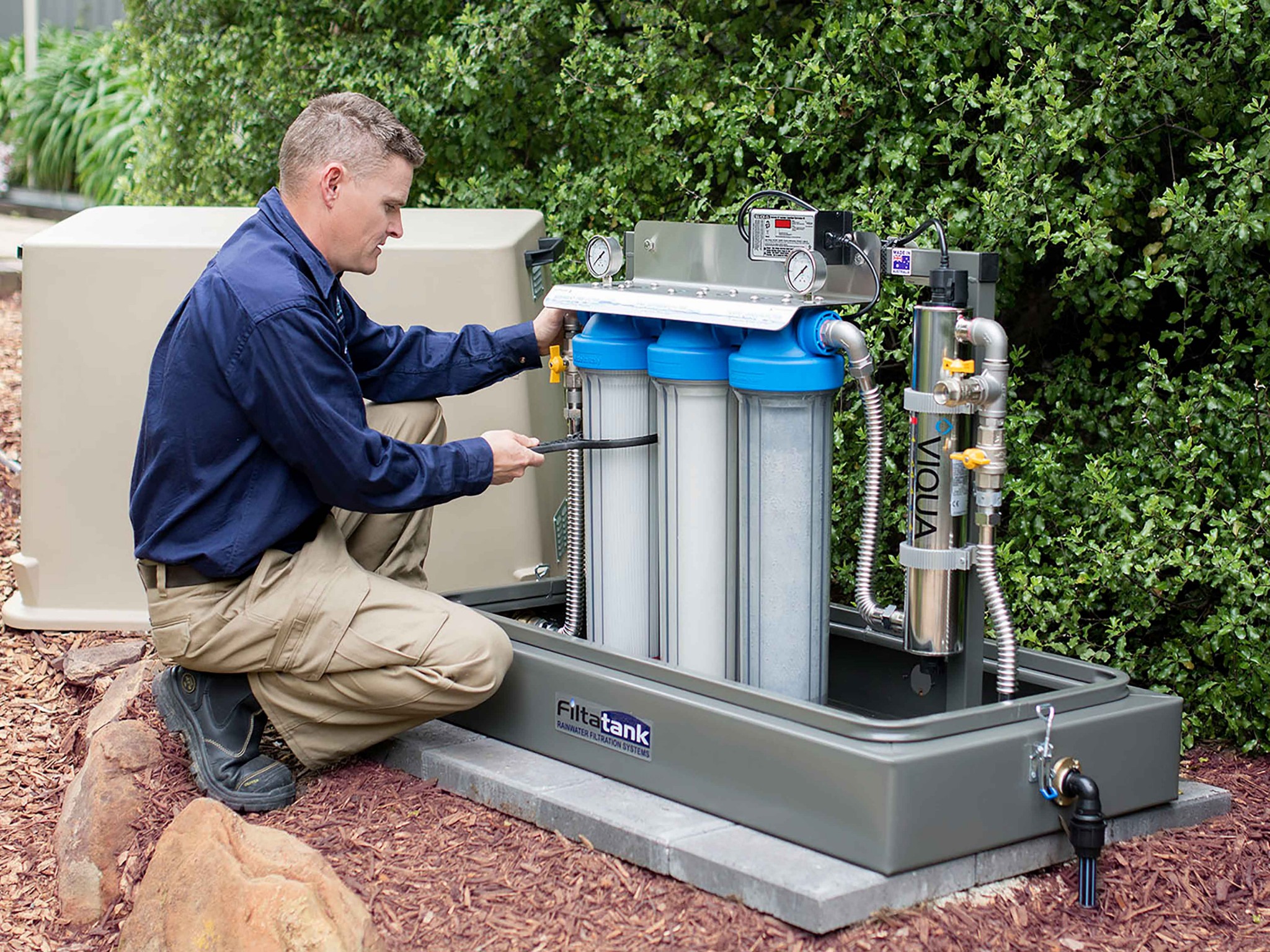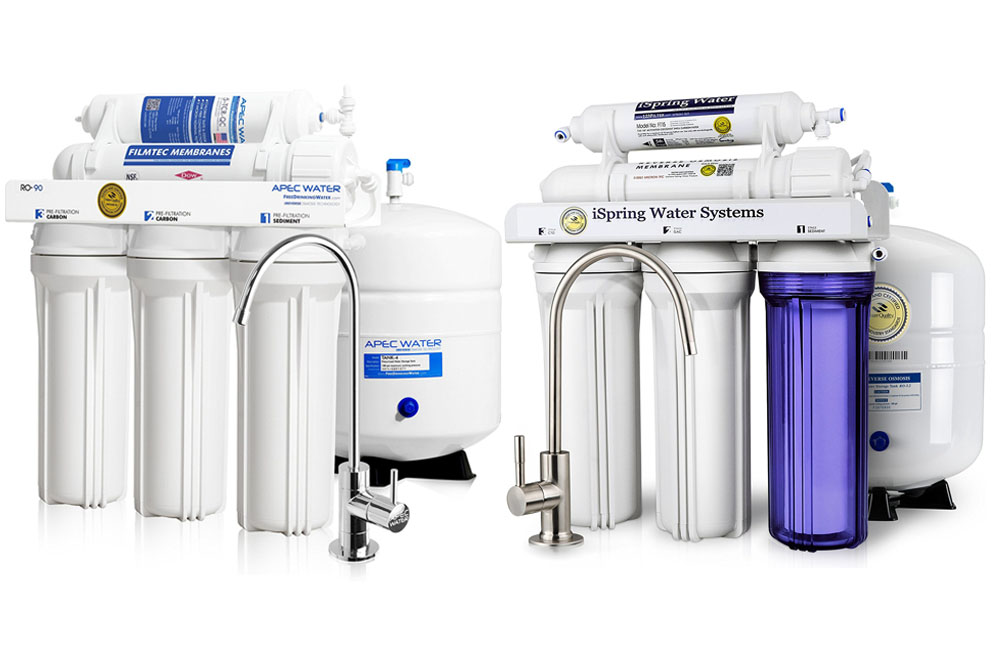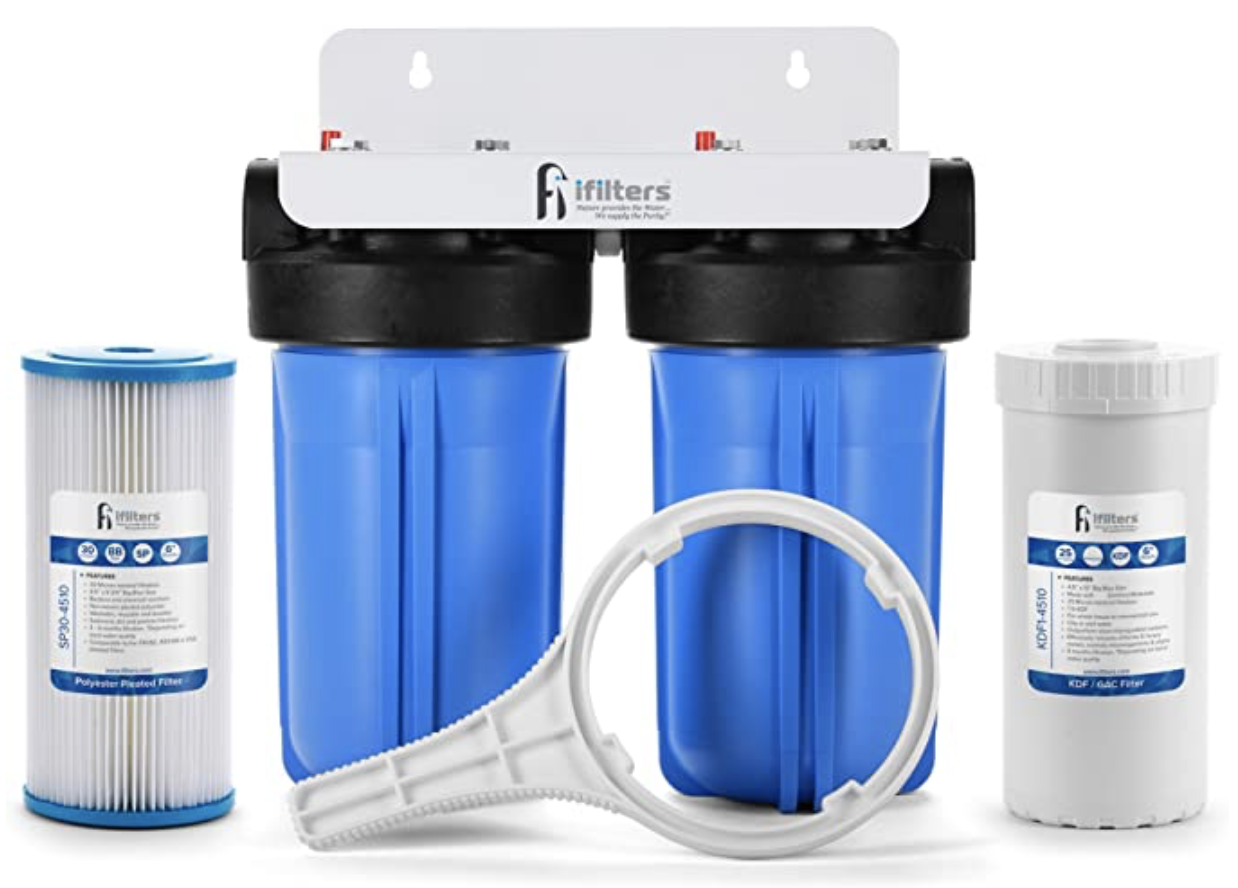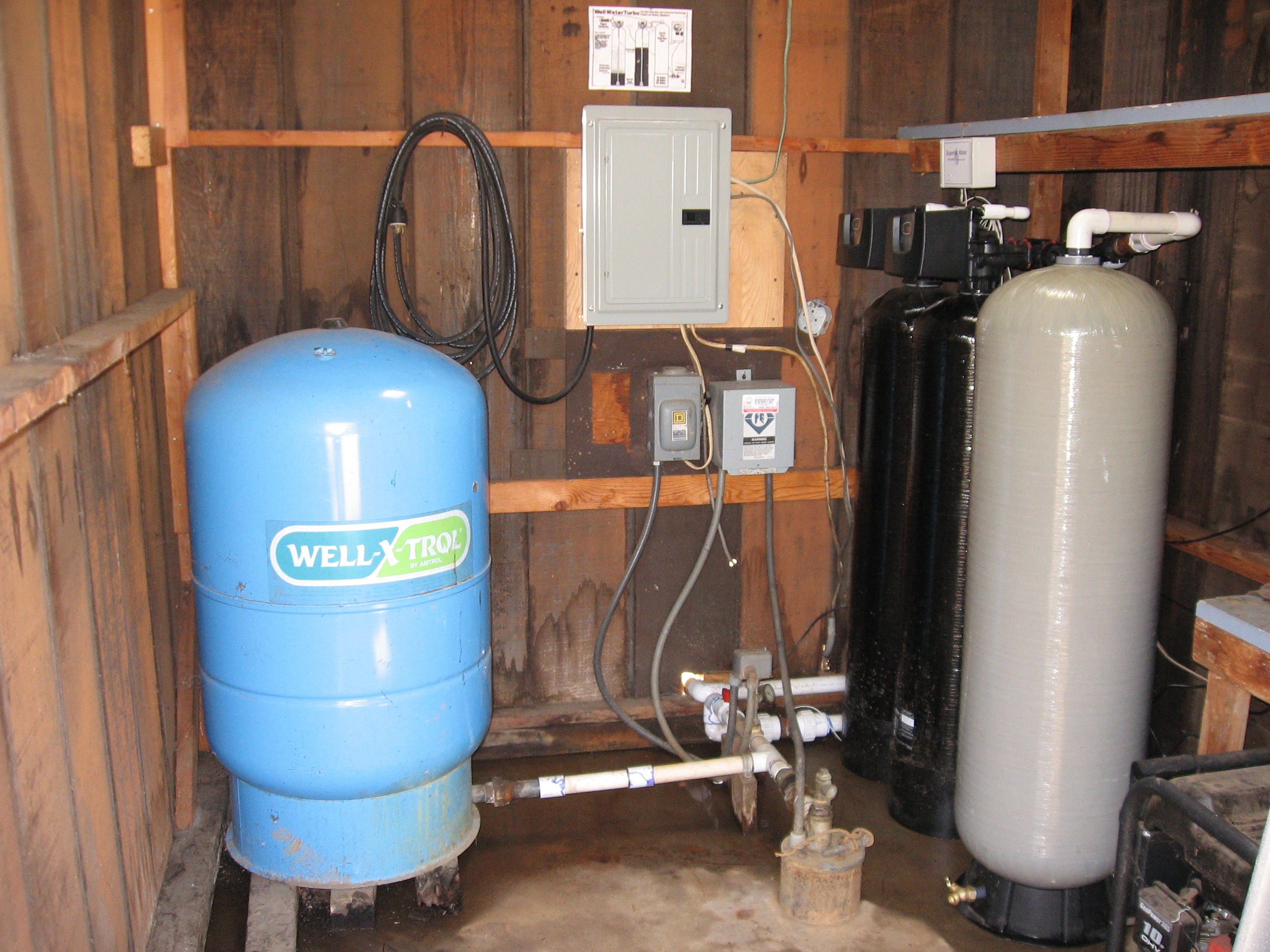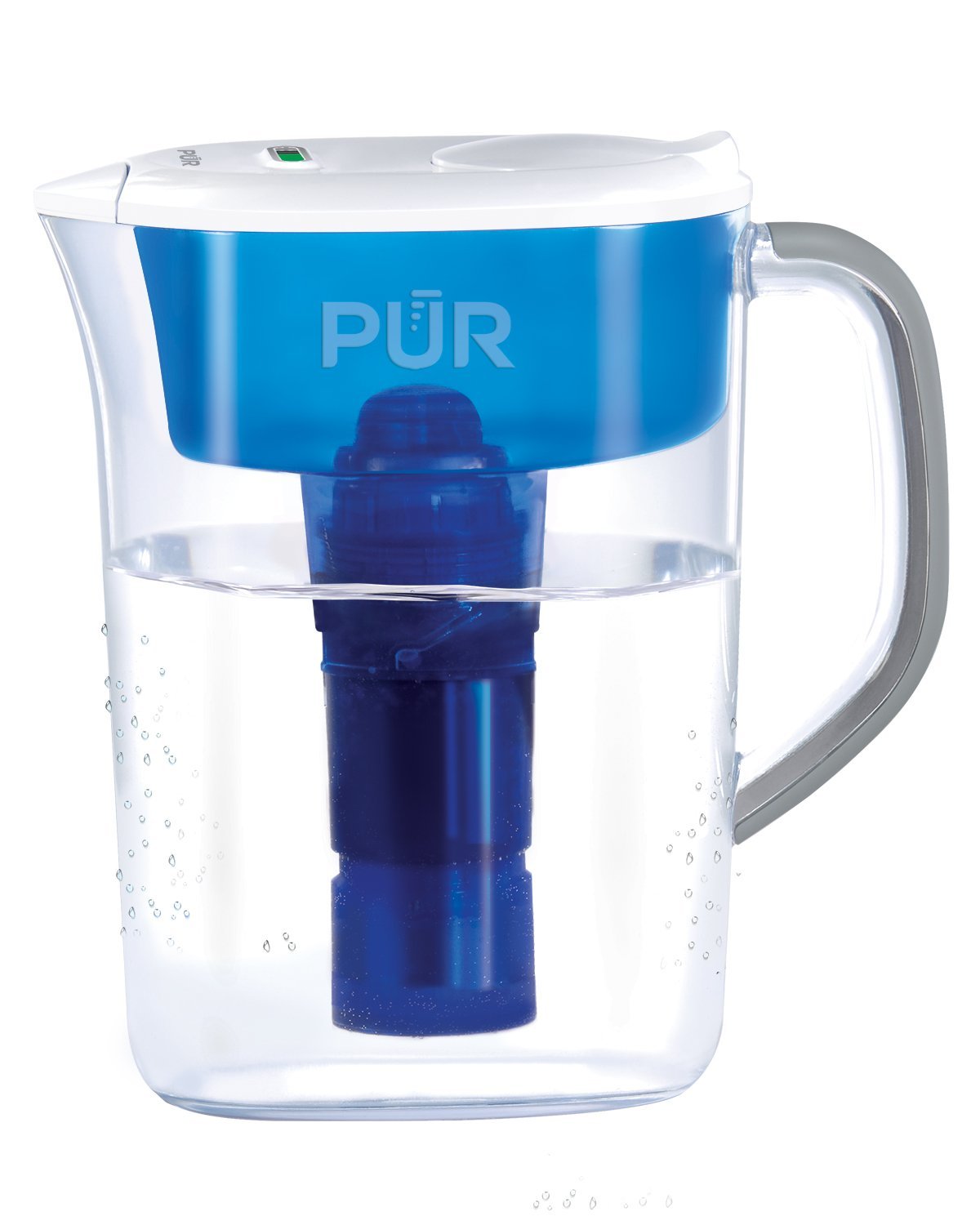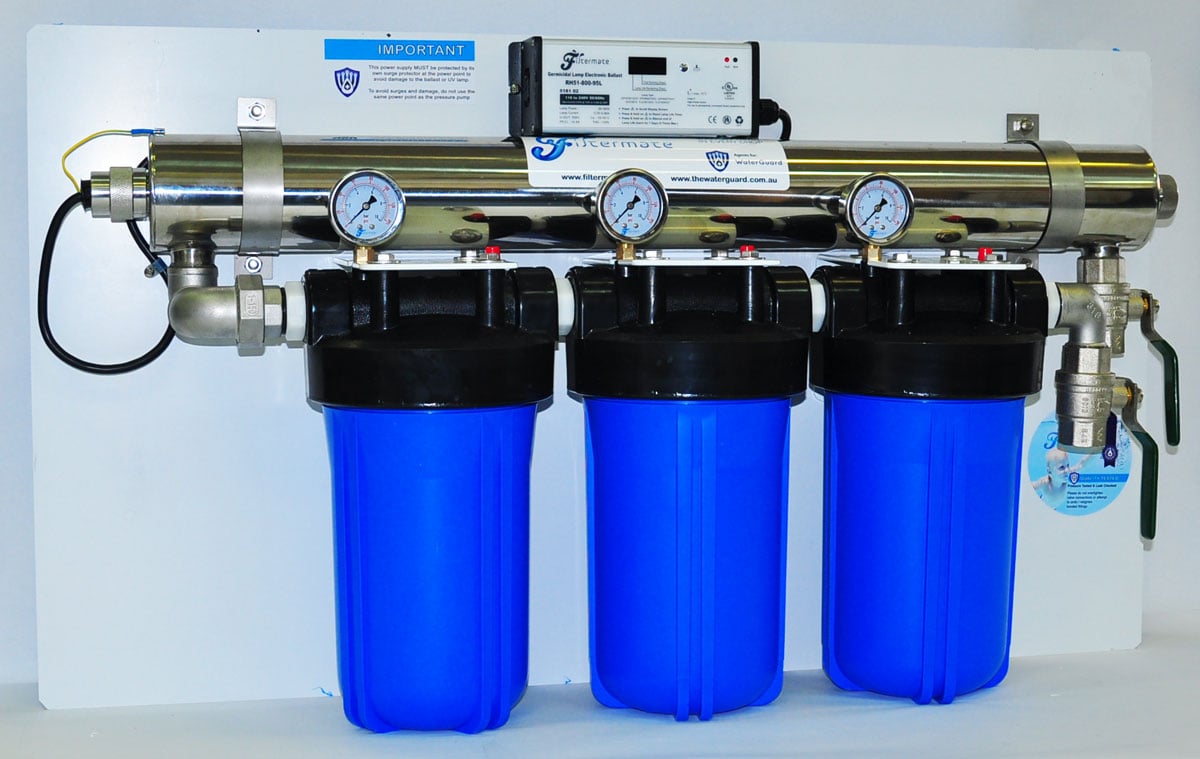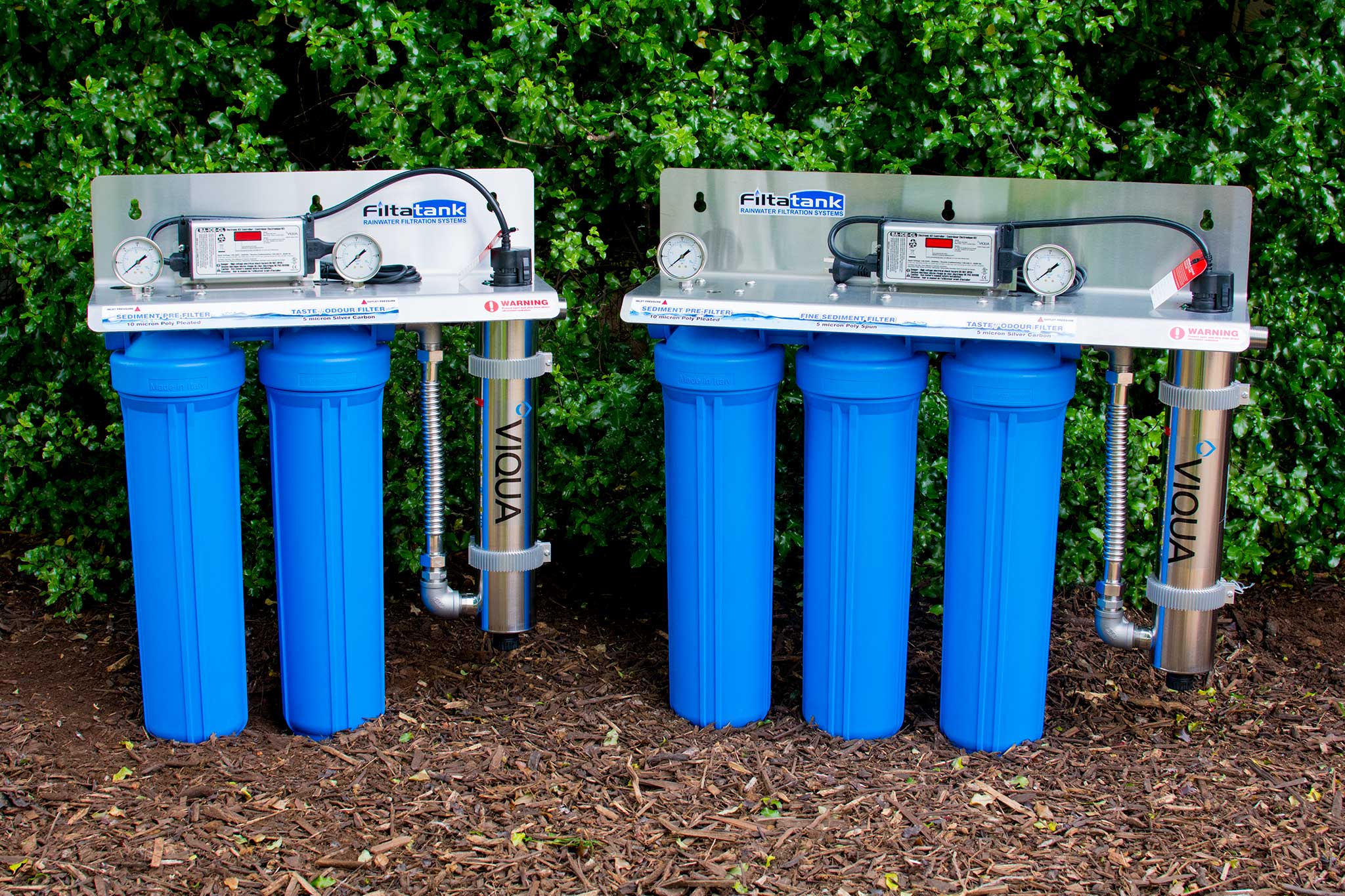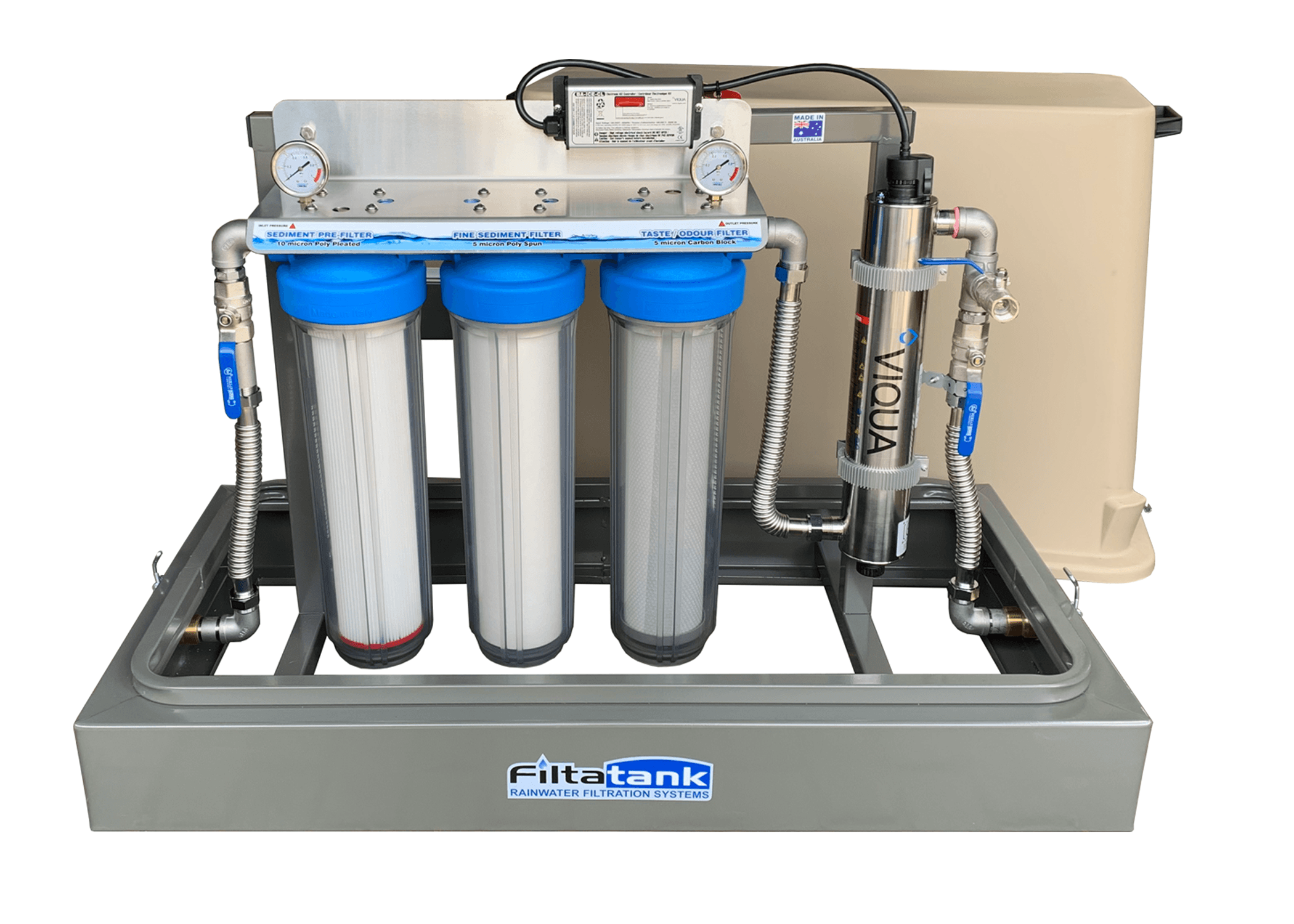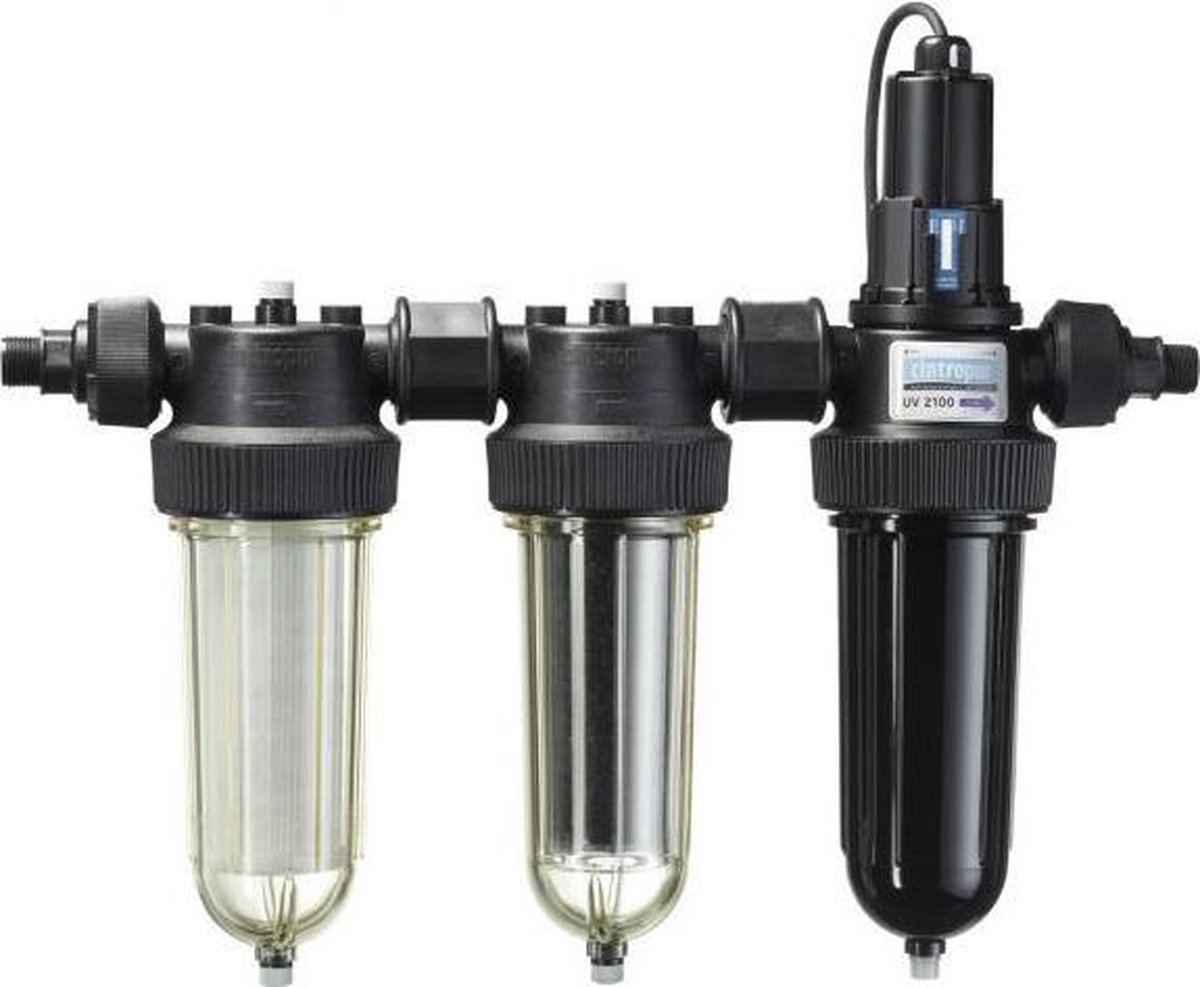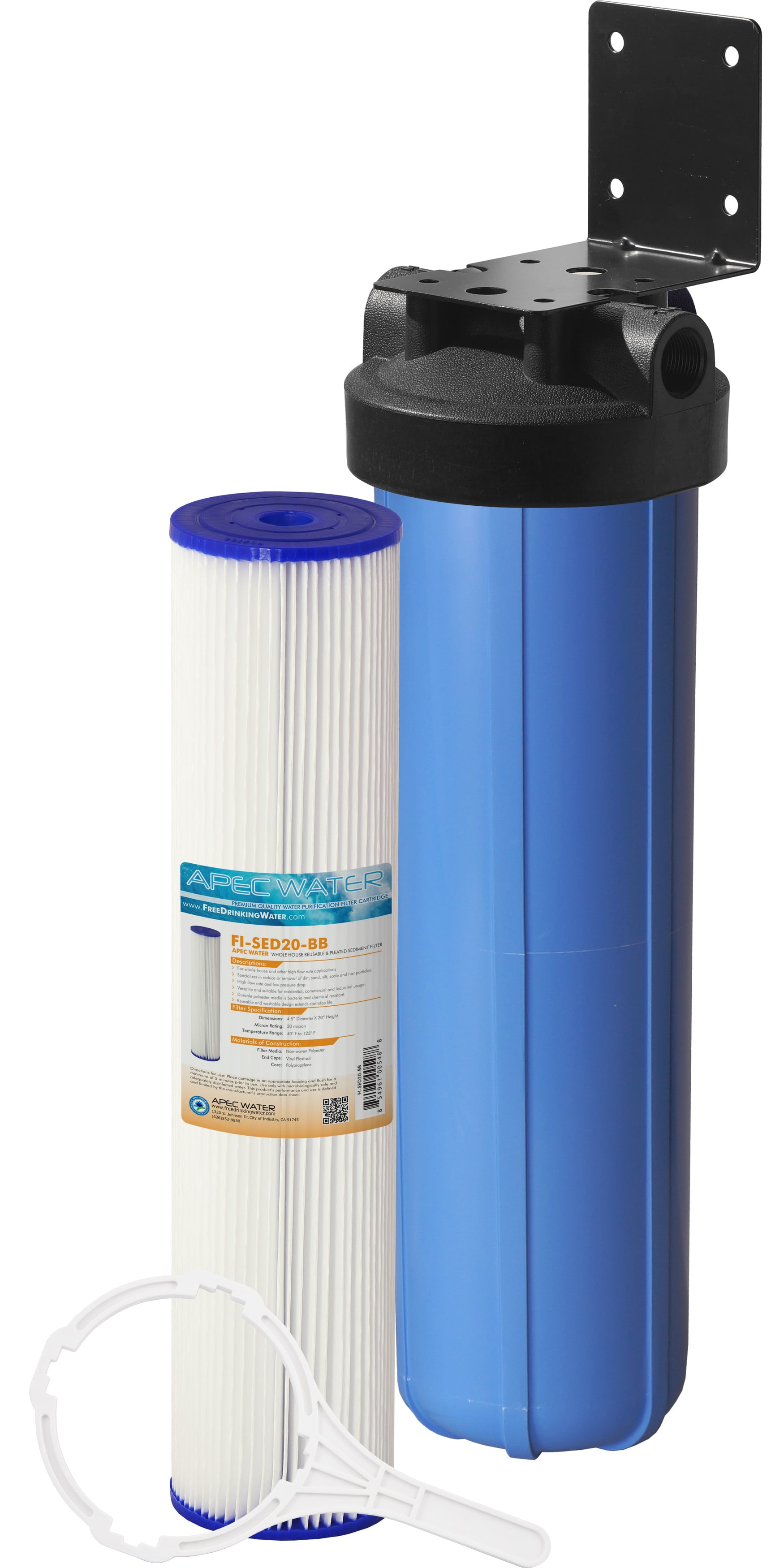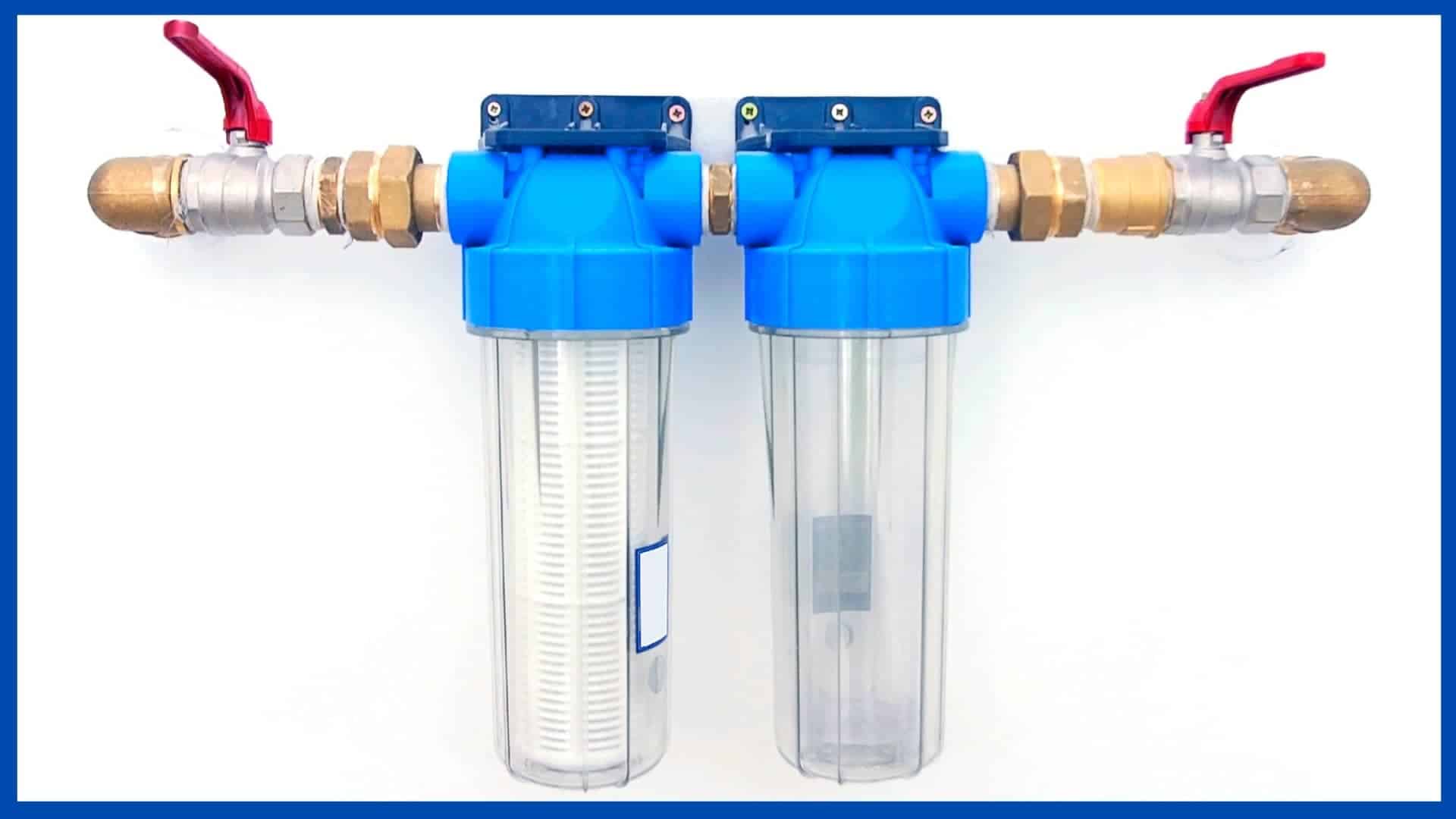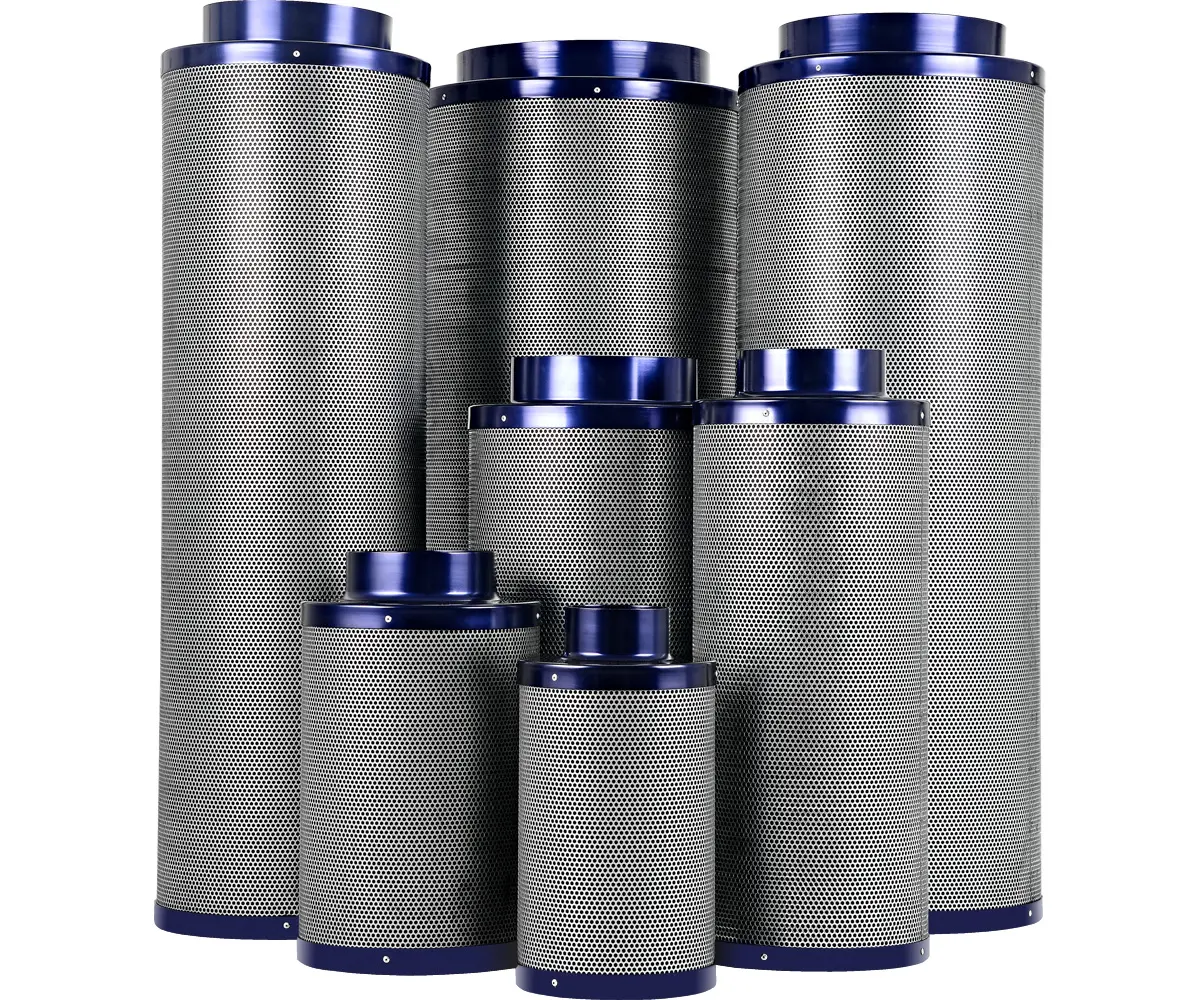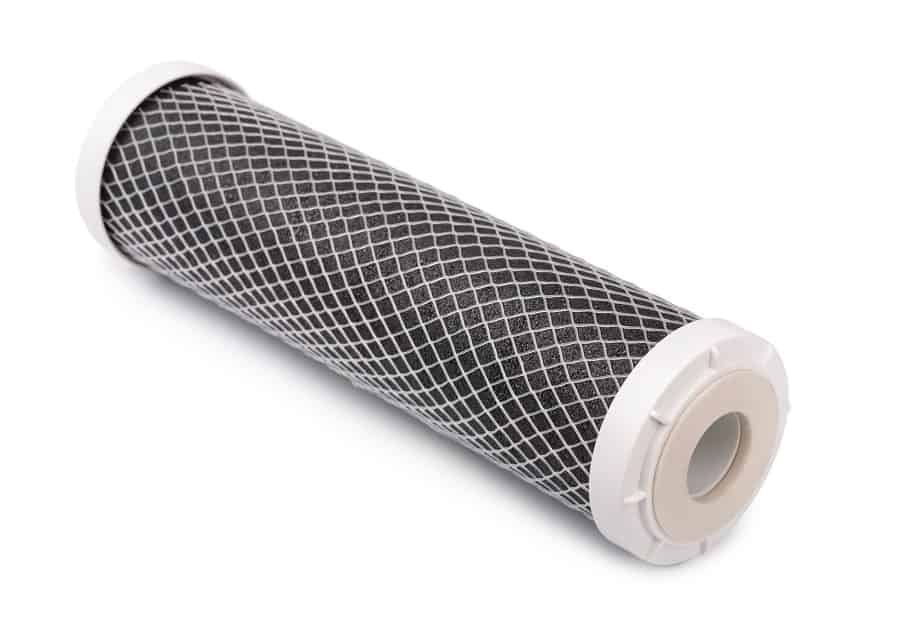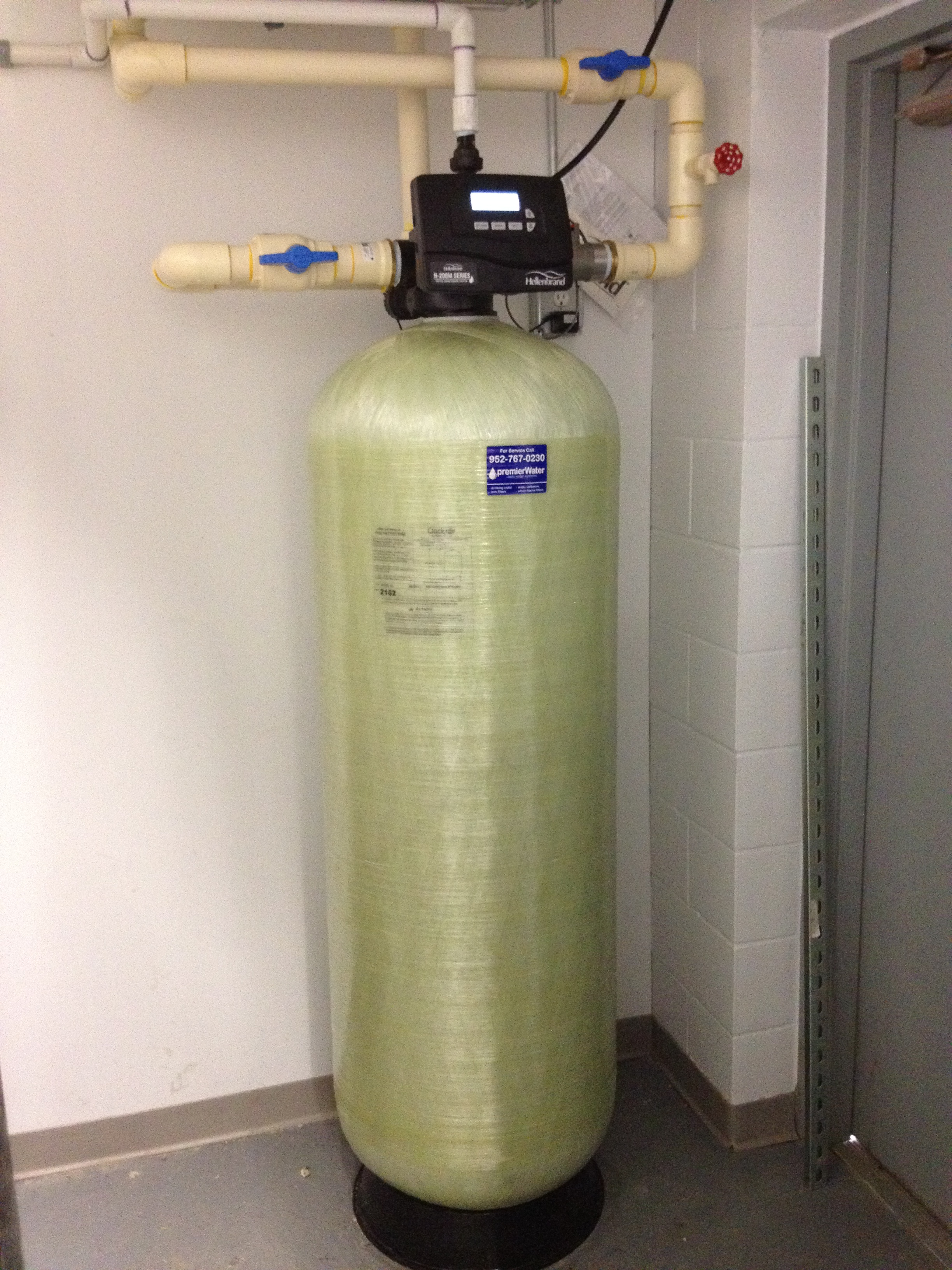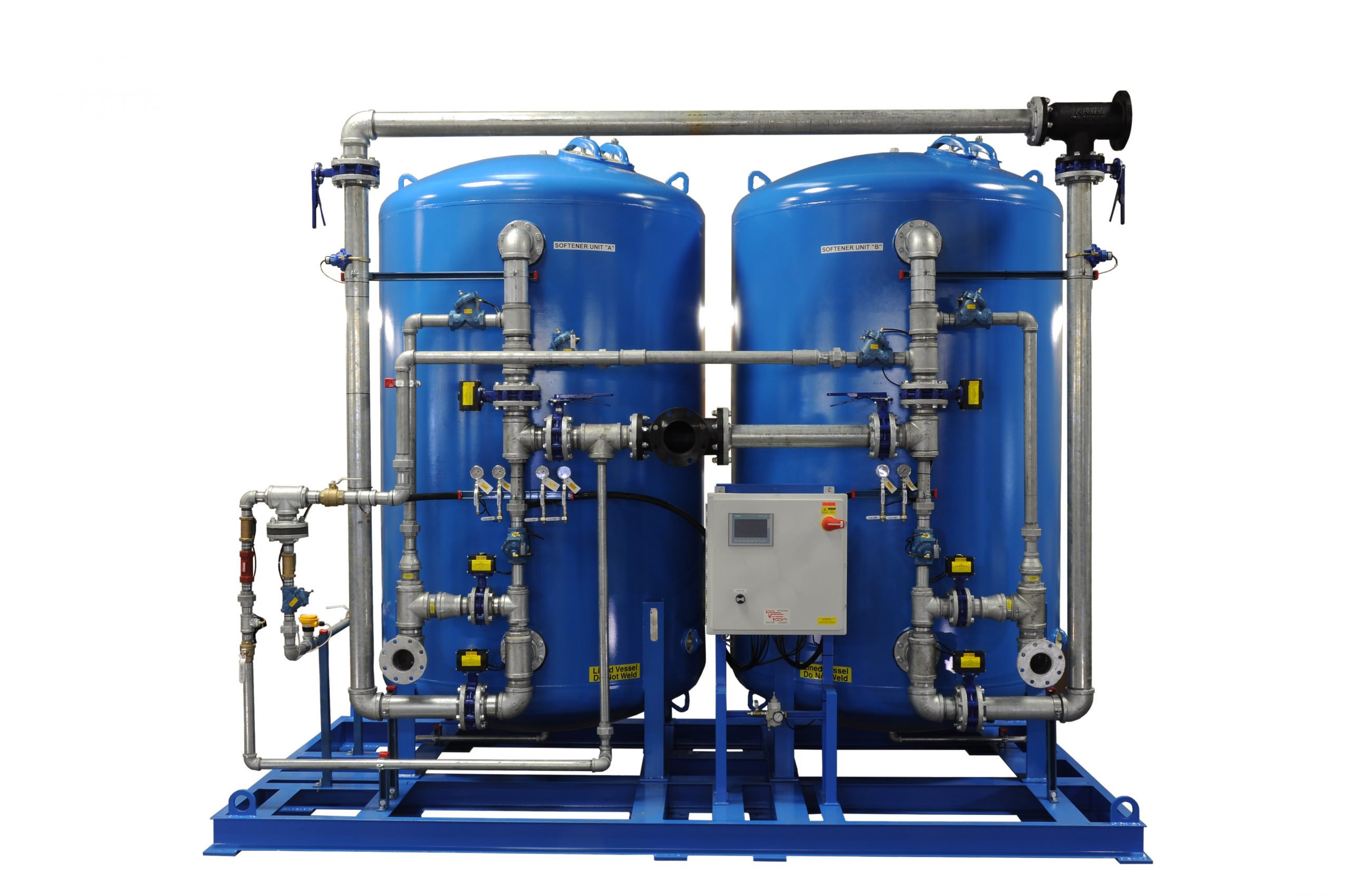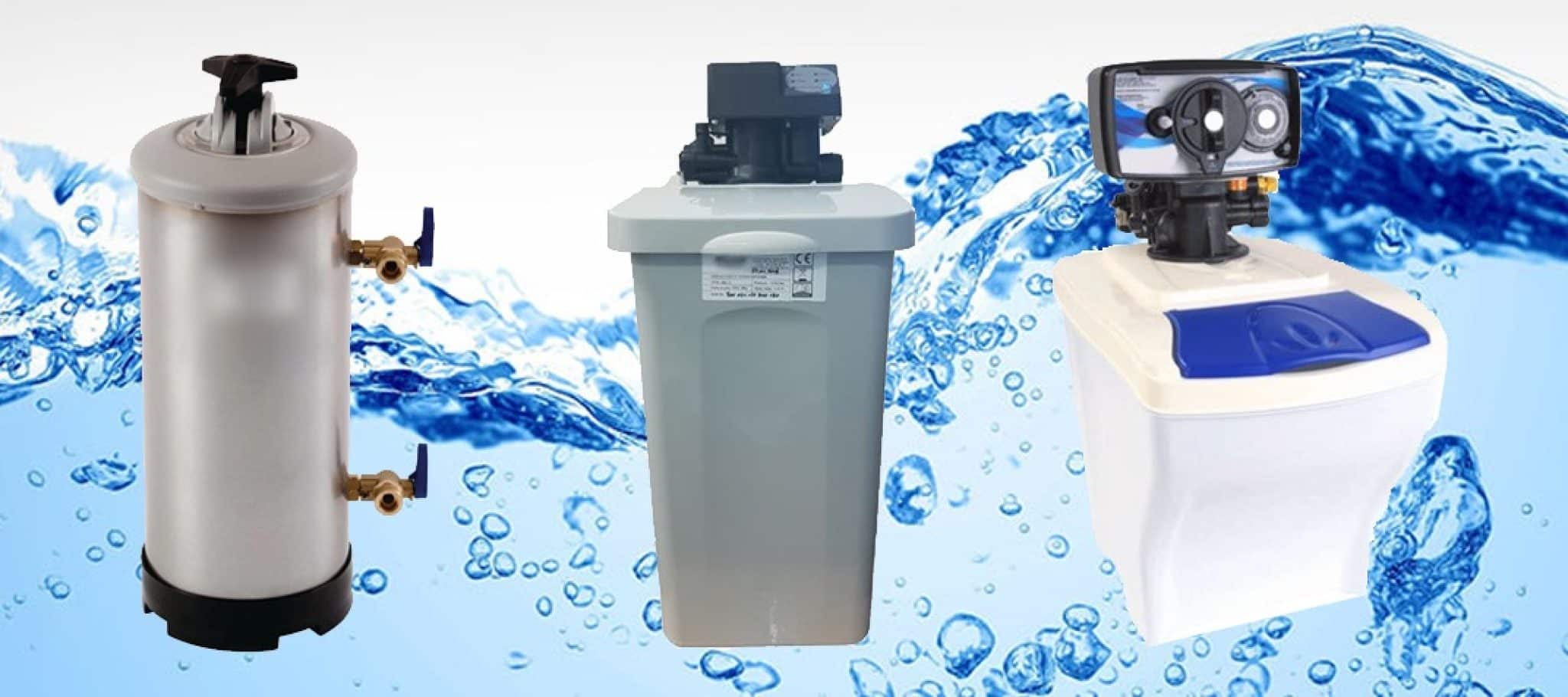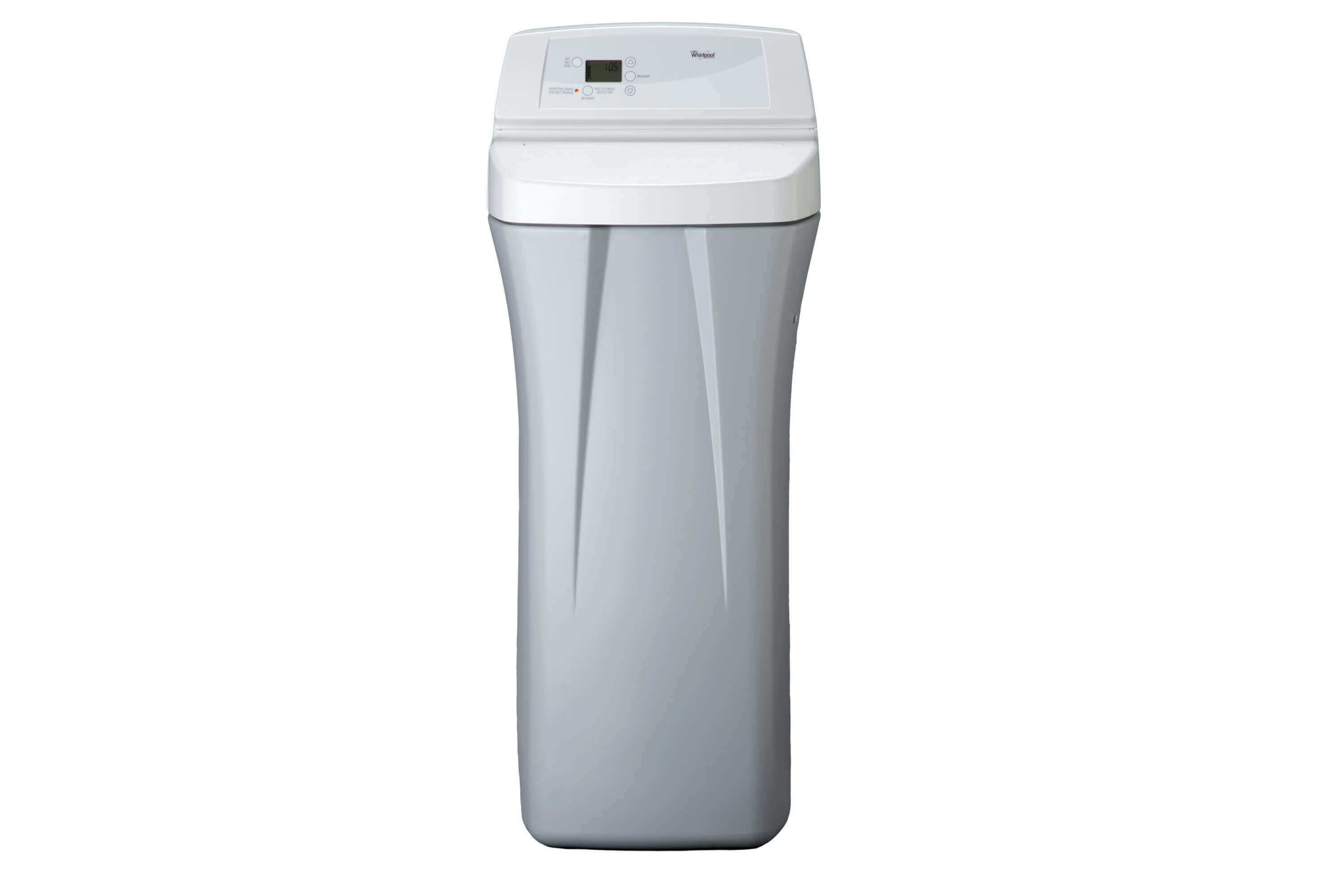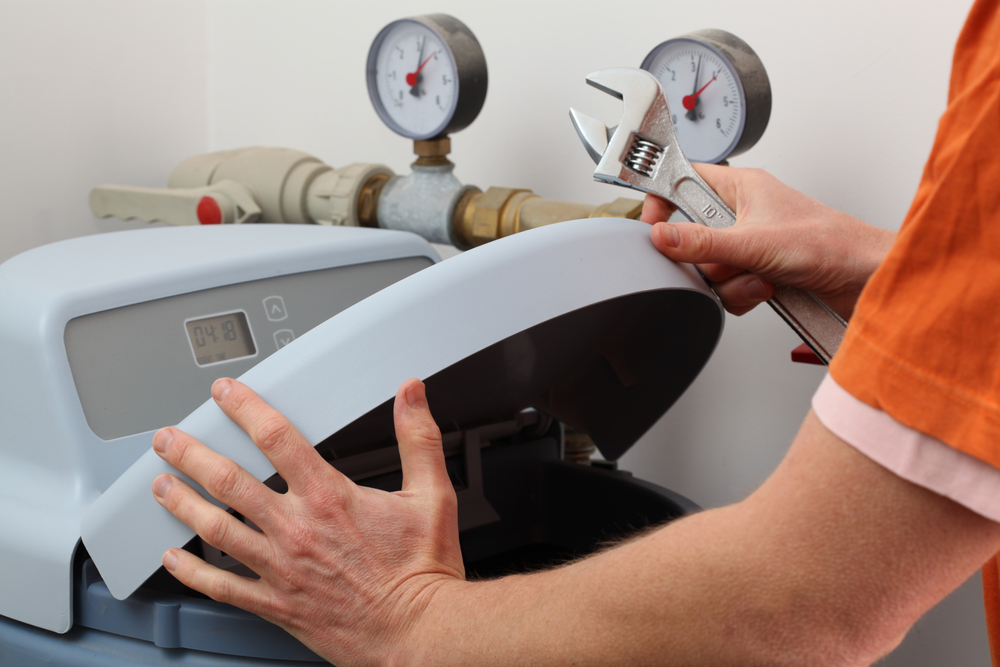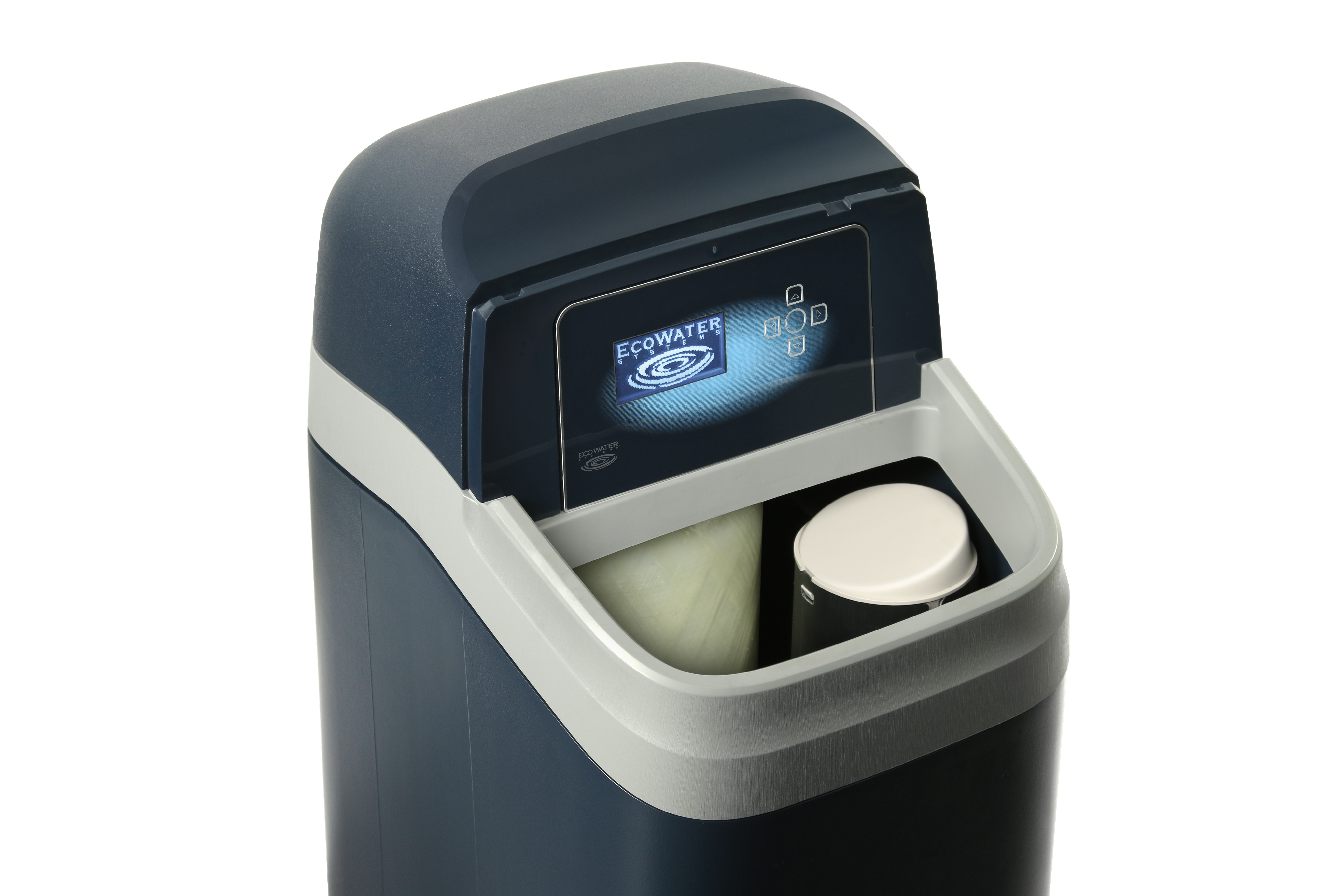Under sink water filters are a great option for those looking for a convenient and effective way to filter their well water. These filters are installed under the kitchen sink and connect directly to the water supply, providing clean and safe drinking water at the tap. One of the main advantages of under sink water filters is their compact size, which makes them perfect for smaller kitchens or for those who don't want to take up valuable counter space. They are also easy to install and maintain, with many models featuring a simple cartridge replacement system. When choosing an under sink water filter for your well, look for one that specifically targets well water contaminants such as iron, sediment, and bacteria. Some models may also have additional features like ultraviolet (UV) disinfection to ensure your water is free from harmful microorganisms.Under Sink Water Filters
For a more comprehensive solution, consider a whole house water filter. As the name suggests, these filters are installed at the main water line and filter all the water entering your home. Whole house water filters are particularly useful for well water as they can remove a wide range of contaminants that may be present, including heavy metals, pesticides, and chlorine. They also provide filtered water for all your household needs, from drinking and cooking to bathing and laundry. Installation of a whole house water filter may require the help of a professional, but the long-term benefits of clean and safe water throughout your home make it a worthwhile investment.Whole House Water Filters
Reverse osmosis (RO) water filters are one of the most effective methods for removing impurities from well water. These filters use a semipermeable membrane to remove contaminants at a molecular level, leaving you with pure and clean water. RO water filters can remove a wide range of contaminants, including lead, arsenic, and nitrates which are commonly found in well water. They are also effective at improving the taste and odor of your water. Keep in mind that RO water filters can be wasteful, as they produce a significant amount of wastewater during the filtration process. However, many models now come with a permeate pump to reduce water wastage and make them more environmentally friendly.Reverse Osmosis Water Filters
If you're looking for a budget-friendly and easy-to-install option, a faucet water filter may be the right choice for you. These filters attach directly to your existing faucet and provide filtered water on demand. Faucet water filters are best suited for removing chlorine, sediment, and volatile organic compounds (VOCs) from well water. They may not be as effective at removing heavy metals or bacteria, so it's important to check the specific contaminants that the filter can target. One of the main advantages of faucet water filters is their affordability and convenience. They are also a good option for renters or those who may not have the ability to install a more permanent filtration system.Faucet Water Filters
Similar to faucet water filters, countertop water filters are an easy and affordable option for filtering well water. These filters sit on your kitchen counter and connect to your faucet through a hose. Countertop water filters are best for removing chlorine, sediment, and heavy metals from well water. Some models may also have additional features like a ceramic filter to remove bacteria and a carbon block filter to improve taste and odor. One thing to consider with countertop water filters is their size and the amount of counter space they may take up. However, their convenience and effectiveness make them a popular choice for many well water users.Countertop Water Filters
While most people focus on filtering their drinking water, it's also important to consider the water we use for bathing. A shower water filter can help remove impurities from well water, leaving you with healthier skin and hair. Shower water filters are designed to remove chlorine, sediment, and other impurities that may be present in well water. They can also help reduce skin irritation and dryness caused by these contaminants. Installing a shower water filter is simple and can make a noticeable difference in the quality of your water. Look for models that are specifically designed for well water and have a multi-stage filtration system for optimal performance.Shower Water Filters
For those with more severe water contamination issues, a well water filtration system may be necessary. These systems are specifically designed to address the unique challenges of well water, such as high levels of iron, manganese, and sulfur. Well water filtration systems typically use a combination of different filters, such as sediment filters, carbon filters, and activated alumina filters to effectively remove a wide range of contaminants. Some systems may also include a water softener to reduce the hardness of well water. It's important to have your well water tested before choosing a filtration system, as this will help determine the specific contaminants present in your water and the type of filtration system needed.Well Water Filtration Systems
Ultraviolet (UV) water filters use UV light to destroy harmful microorganisms that may be present in well water. These filters are often used in conjunction with other filtration methods, such as reverse osmosis, to provide an extra layer of protection. UV water filters are highly effective at killing bacteria, viruses, and other microorganisms that may be present in well water. They are also chemical-free and safe to use. Keep in mind that UV water filters do not remove other contaminants, so they should be used in combination with other filtration methods for optimal results.UV Water Filters
Carbon water filters are one of the most commonly used filtration methods for well water. These filters use activated carbon to adsorb impurities and improve the taste and odor of your water. Carbon filters are best for removing chlorine, sediment, and volatile organic compounds (VOCs) from well water. They can also be effective at removing pesticides and herbicides that may be present in well water. There are different types of carbon filters available, including granular activated carbon (GAC) filters and carbon block filters. Consider the specific contaminants in your well water and choose the type of carbon filter that will best suit your needs.Carbon Water Filters
While not a filtration method, water softeners are an essential component for many well water users. Well water is often high in minerals, causing it to be hard and leave behind mineral deposits on dishes, faucets, and appliances. A water softener works by removing calcium and magnesium from well water, which are responsible for the hardness. This not only helps prevent mineral buildup, but it also improves the effectiveness of other filtration methods. When choosing a water softener, consider the size of your household and the level of hardness in your well water. You may also want to look for models that have a salt-free option for a more environmentally-friendly solution. In conclusion, choosing the right water filter for your well is crucial for ensuring clean and safe water for you and your family. Consider the specific contaminants in your well water and the different types of filters available to find the best option for your needs. With the right filter, you can enjoy the benefits of pure and refreshing well water at every tap in your home.Water Softeners
Why Every Home Needs a Kitchen Sink Water Filter for Wells

Protect Your Family's Health
 Having access to clean and safe drinking water is essential for any household. Unfortunately, many homes with wells as their water source may not be aware of the potential contaminants that can seep into their water supply. This is where a kitchen sink water filter for wells comes in. By installing a water filter, you can
protect your family's health
by removing harmful substances such as bacteria, chemicals, and sediment from your well water.
Having access to clean and safe drinking water is essential for any household. Unfortunately, many homes with wells as their water source may not be aware of the potential contaminants that can seep into their water supply. This is where a kitchen sink water filter for wells comes in. By installing a water filter, you can
protect your family's health
by removing harmful substances such as bacteria, chemicals, and sediment from your well water.
Improve the Taste and Odor of Your Water
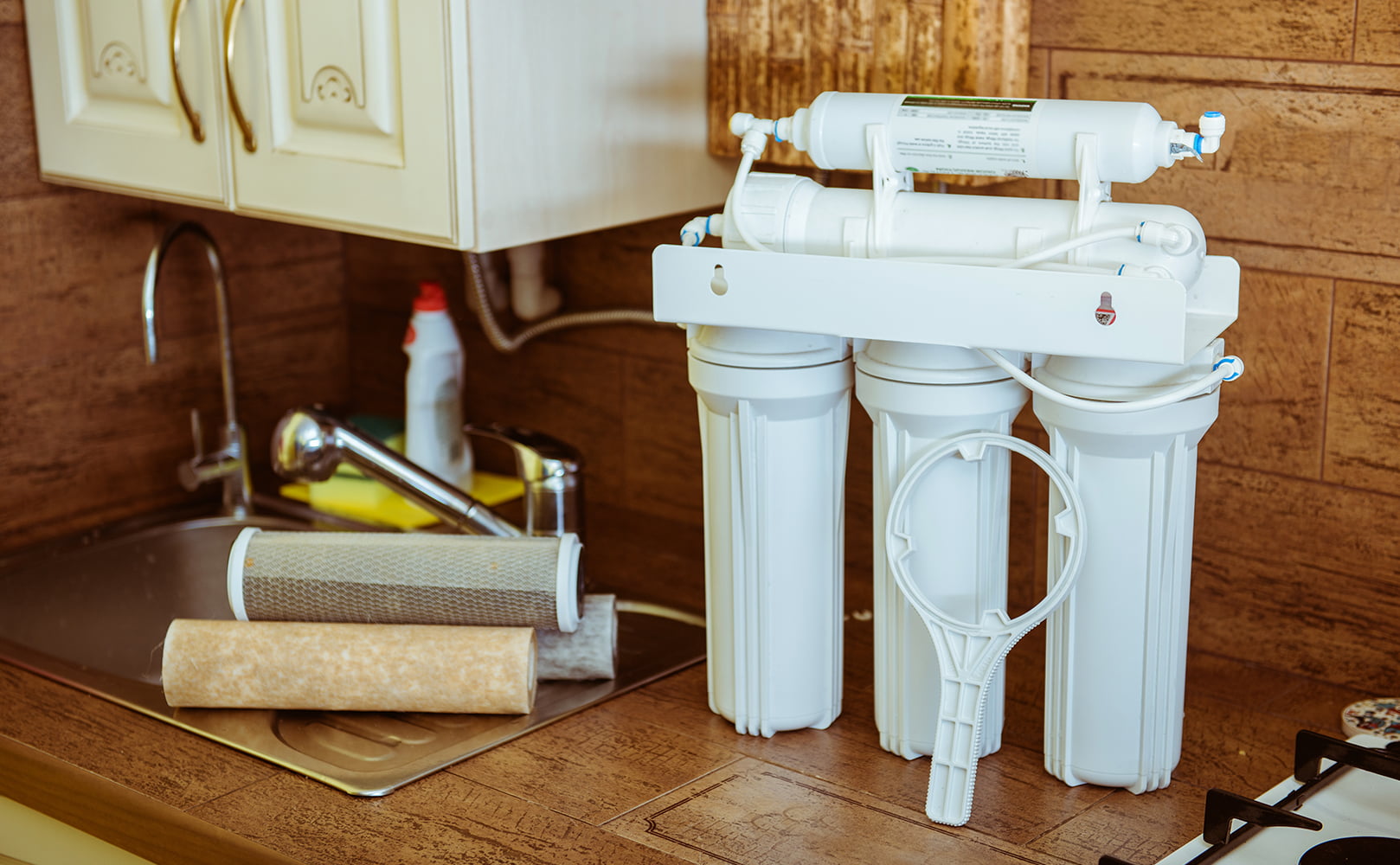 Not only can a
kitchen sink water filter for wells
remove contaminants, but it can also greatly improve the taste and odor of your water. Well water can often have a strong, unpleasant taste and odor due to minerals and other impurities. With a water filter, these impurities are removed, leaving you with clean and refreshing drinking water that is free from any unpleasant smells or tastes.
Not only can a
kitchen sink water filter for wells
remove contaminants, but it can also greatly improve the taste and odor of your water. Well water can often have a strong, unpleasant taste and odor due to minerals and other impurities. With a water filter, these impurities are removed, leaving you with clean and refreshing drinking water that is free from any unpleasant smells or tastes.
Save Money in the Long Run
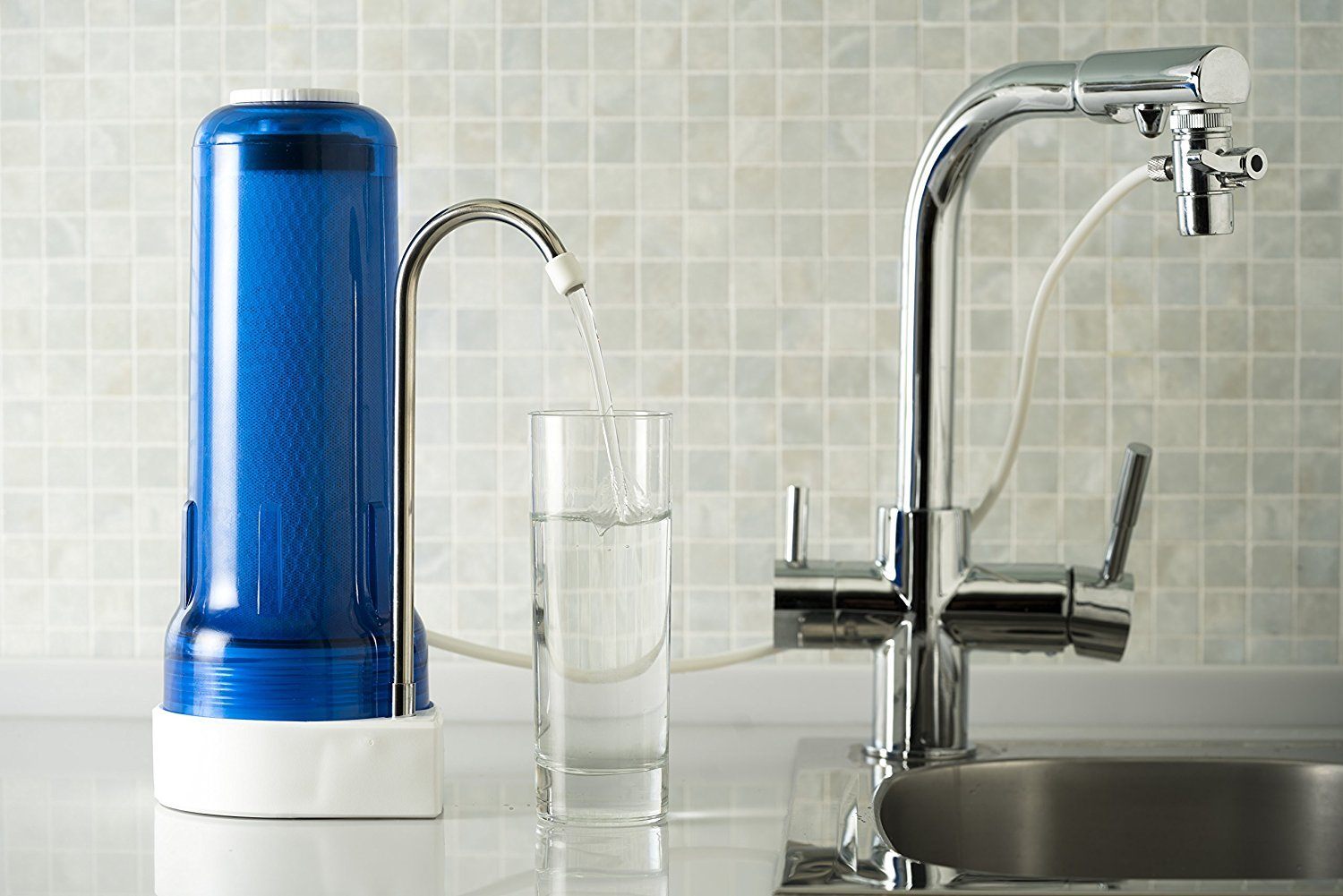 Many homeowners may be hesitant to invest in a kitchen sink water filter for wells due to the initial cost. However, in the long run, a water filter can actually save you money. By filtering out impurities, your appliances and plumbing will last longer as they won't be exposed to harsh minerals and chemicals. Additionally, you won't have to constantly buy bottled water, saving you money and reducing plastic waste.
Many homeowners may be hesitant to invest in a kitchen sink water filter for wells due to the initial cost. However, in the long run, a water filter can actually save you money. By filtering out impurities, your appliances and plumbing will last longer as they won't be exposed to harsh minerals and chemicals. Additionally, you won't have to constantly buy bottled water, saving you money and reducing plastic waste.
Easy to Install and Maintain
 Some homeowners may be concerned about the installation and maintenance of a kitchen sink water filter for wells. However, modern water filters are designed to be user-friendly and require minimal maintenance. Most filters can be easily installed by following the instructions provided, and maintenance typically involves changing the filter cartridge every few months. This small effort is well worth it for the peace of mind and health benefits a water filter provides.
Some homeowners may be concerned about the installation and maintenance of a kitchen sink water filter for wells. However, modern water filters are designed to be user-friendly and require minimal maintenance. Most filters can be easily installed by following the instructions provided, and maintenance typically involves changing the filter cartridge every few months. This small effort is well worth it for the peace of mind and health benefits a water filter provides.
Final Thoughts
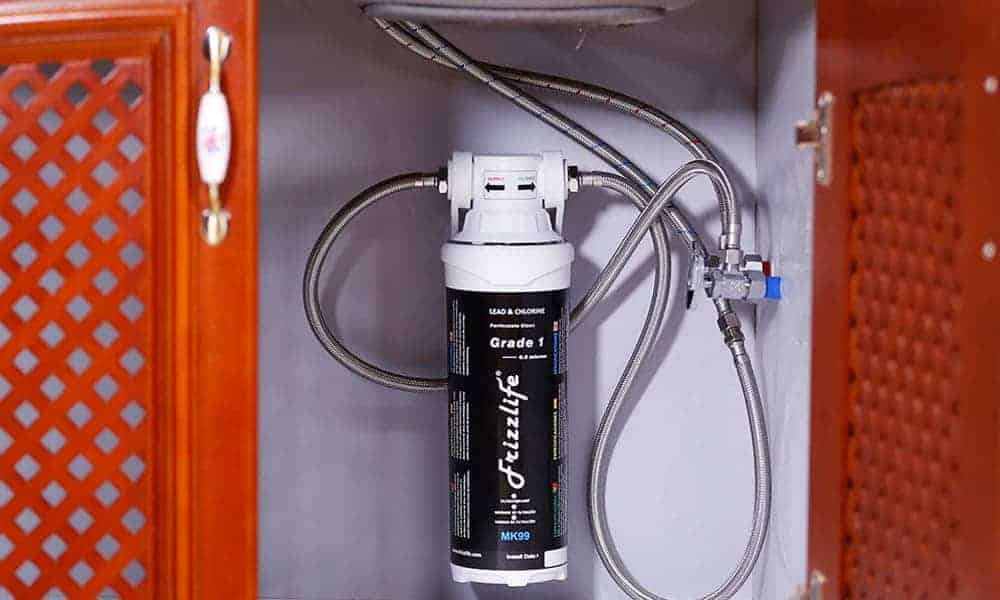 In conclusion, a kitchen sink water filter for wells is a crucial addition to any home. Not only does it
protect your family's health
, but it also improves the taste and odor of your water, saves you money in the long run, and is easy to install and maintain. Don't compromise on the quality of your drinking water – invest in a water filter today and enjoy clean and safe water for you and your loved ones.
In conclusion, a kitchen sink water filter for wells is a crucial addition to any home. Not only does it
protect your family's health
, but it also improves the taste and odor of your water, saves you money in the long run, and is easy to install and maintain. Don't compromise on the quality of your drinking water – invest in a water filter today and enjoy clean and safe water for you and your loved ones.
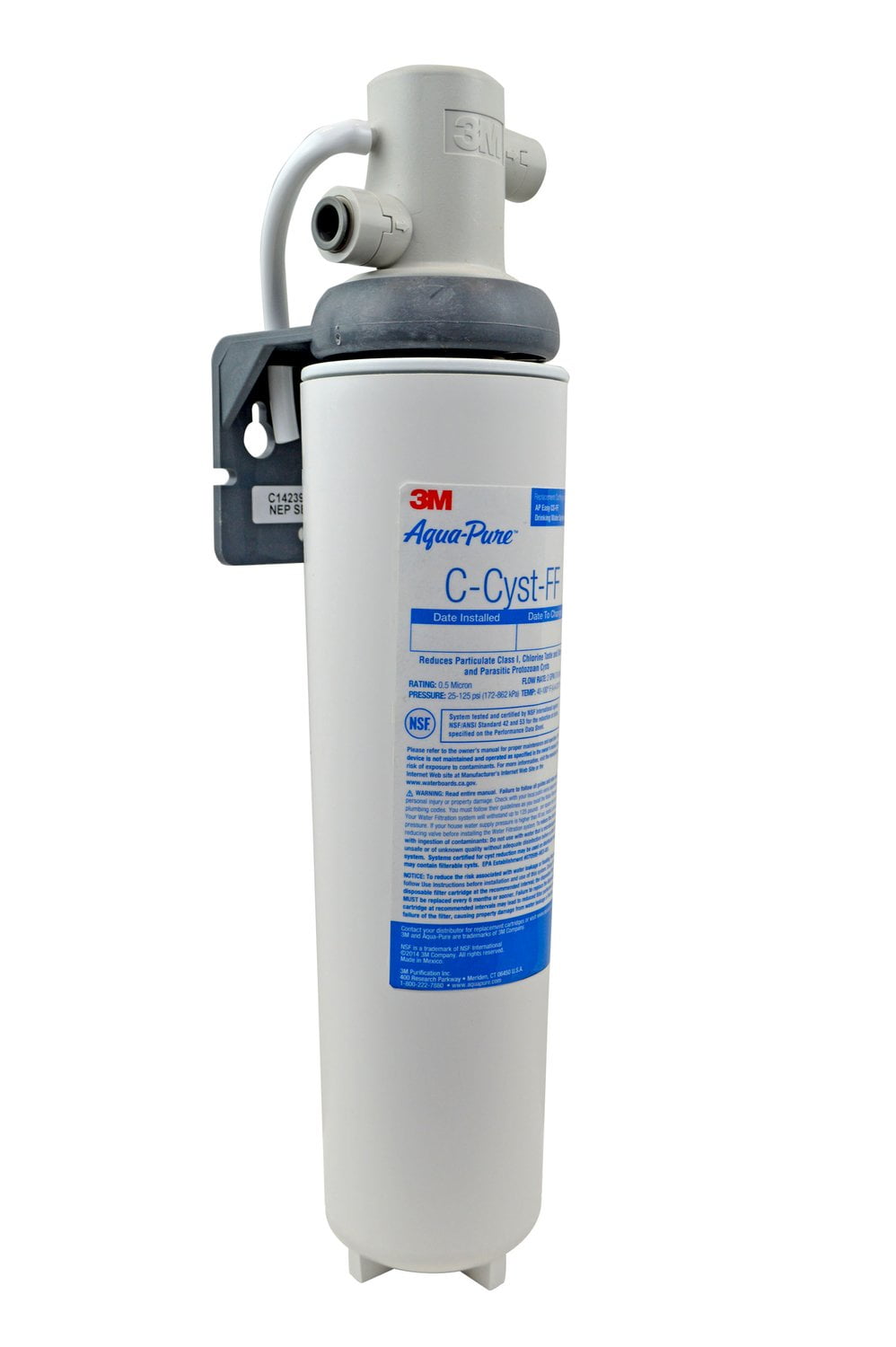

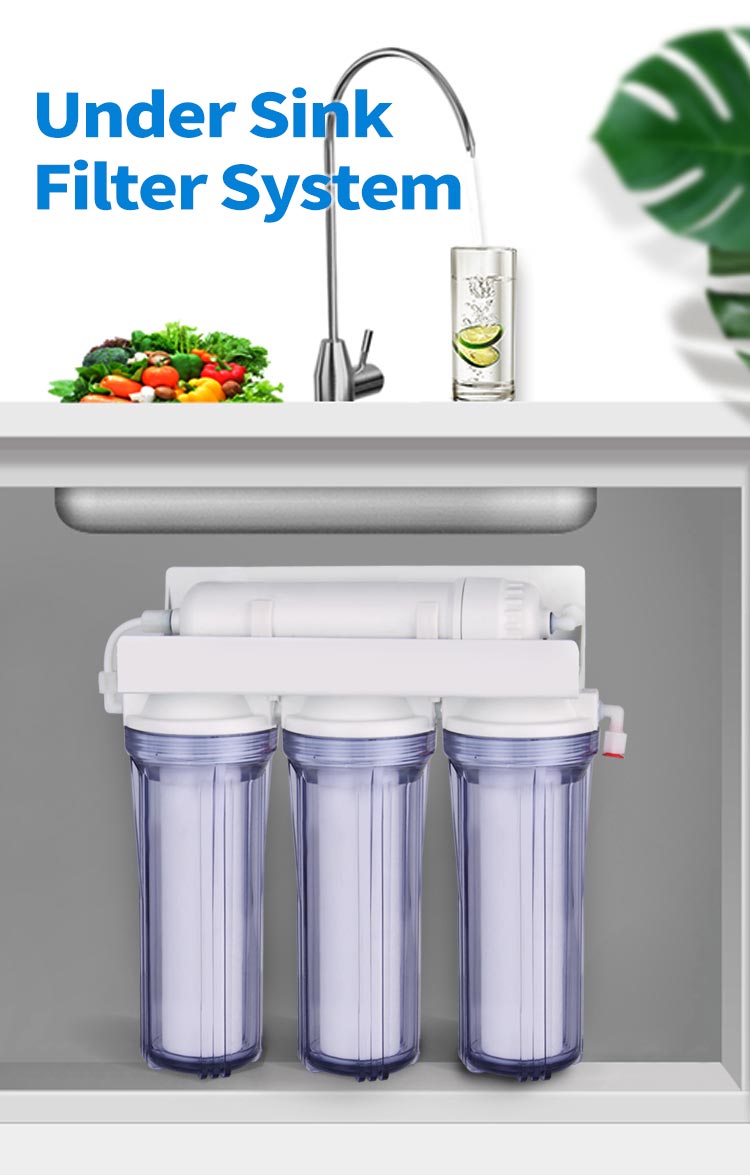

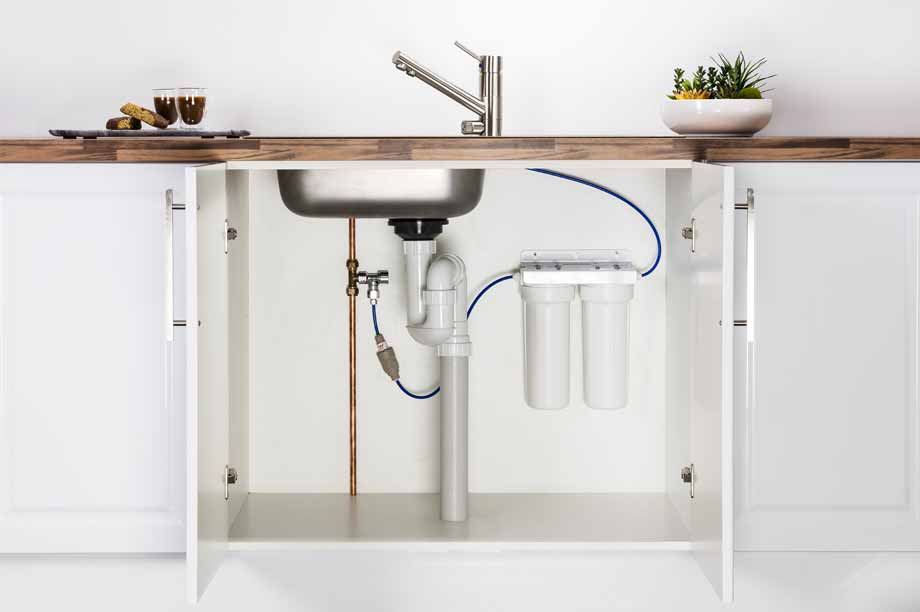

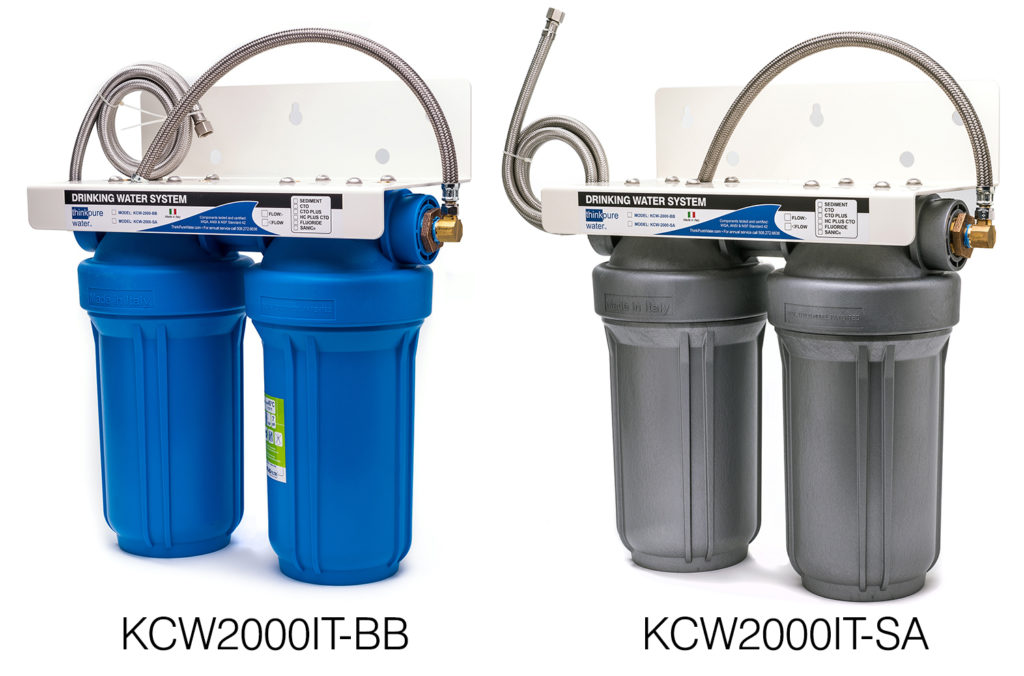

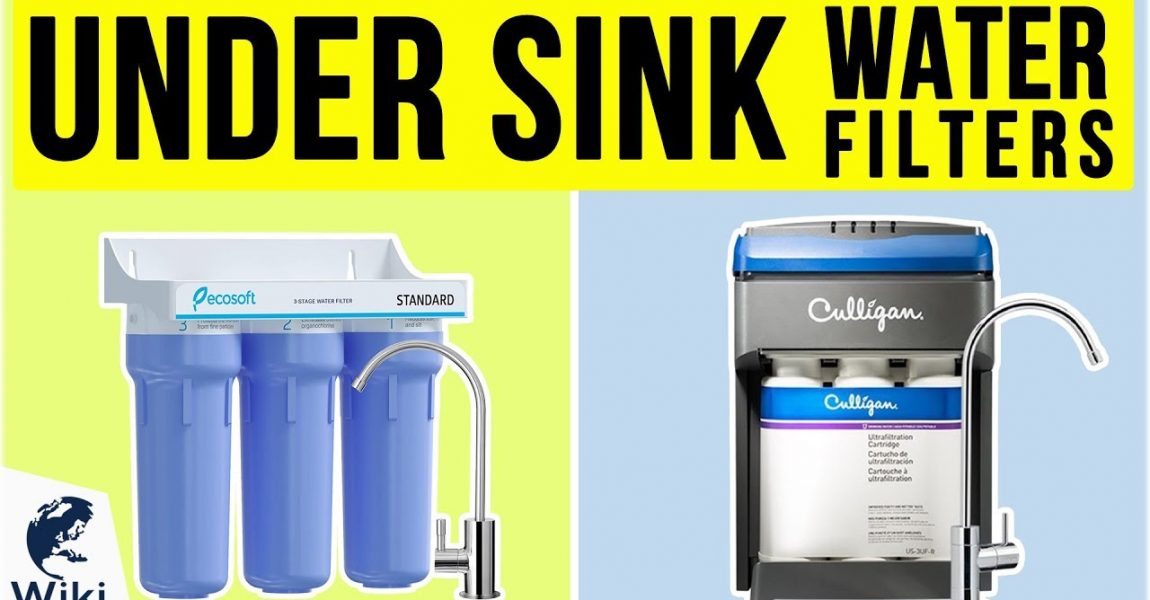
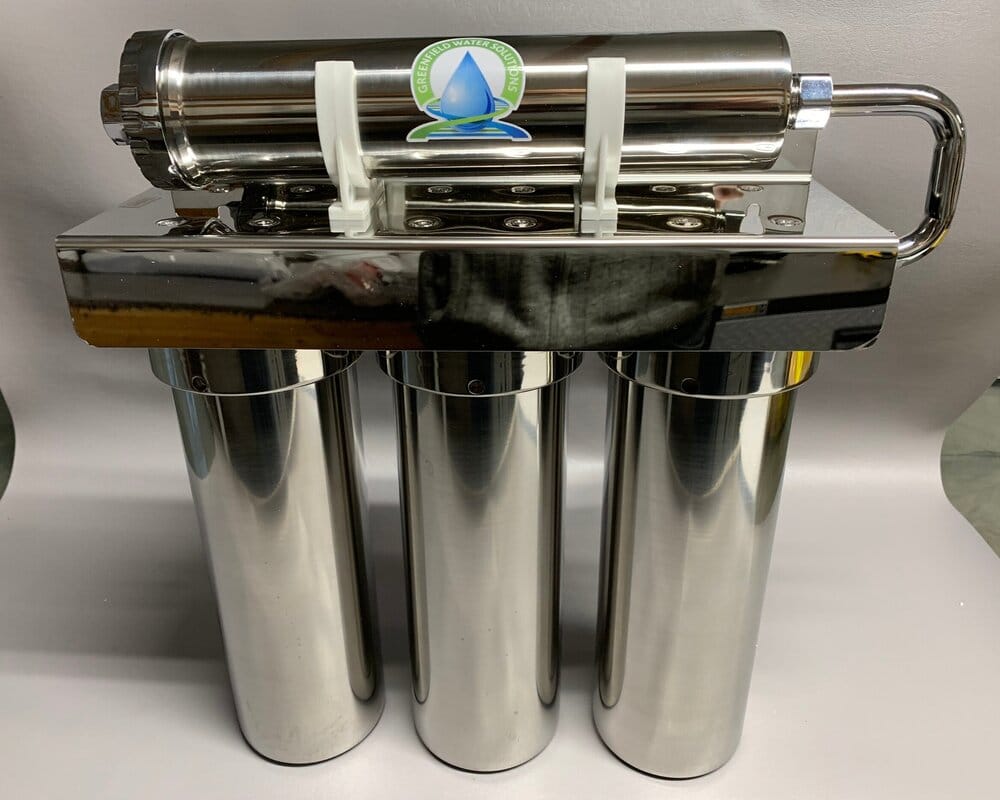
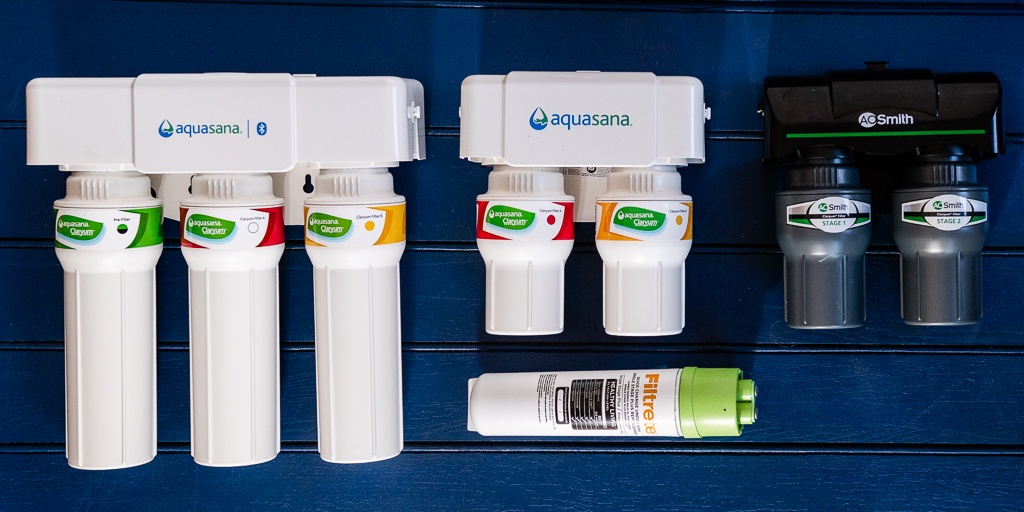
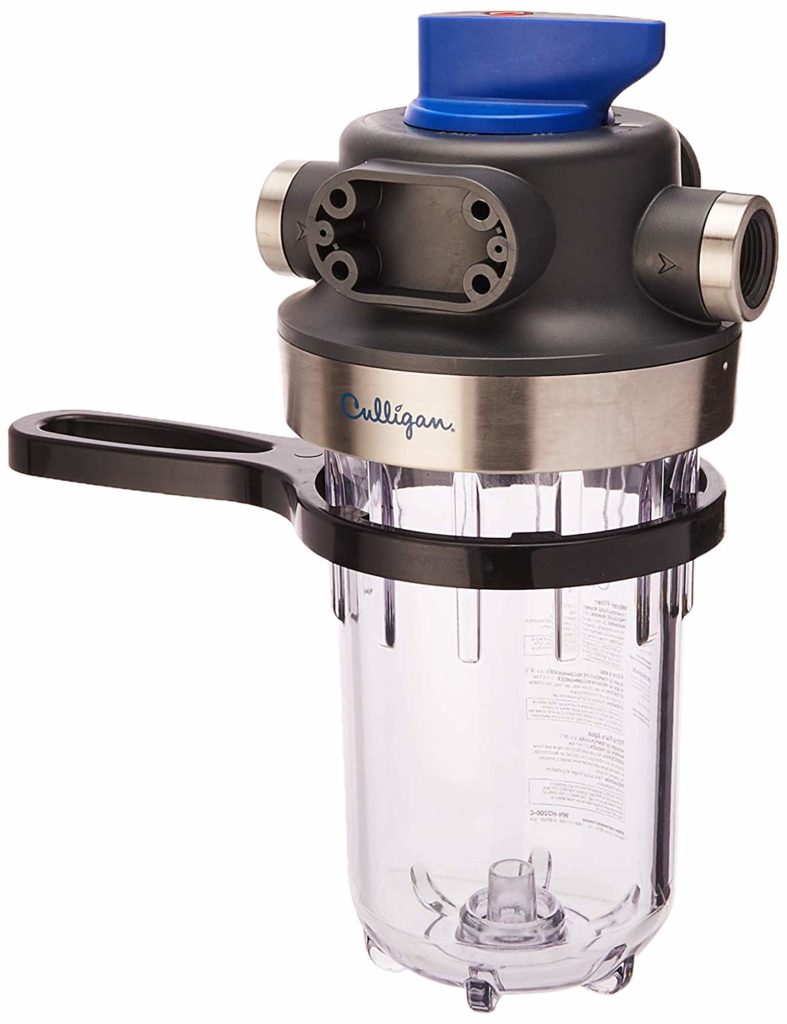




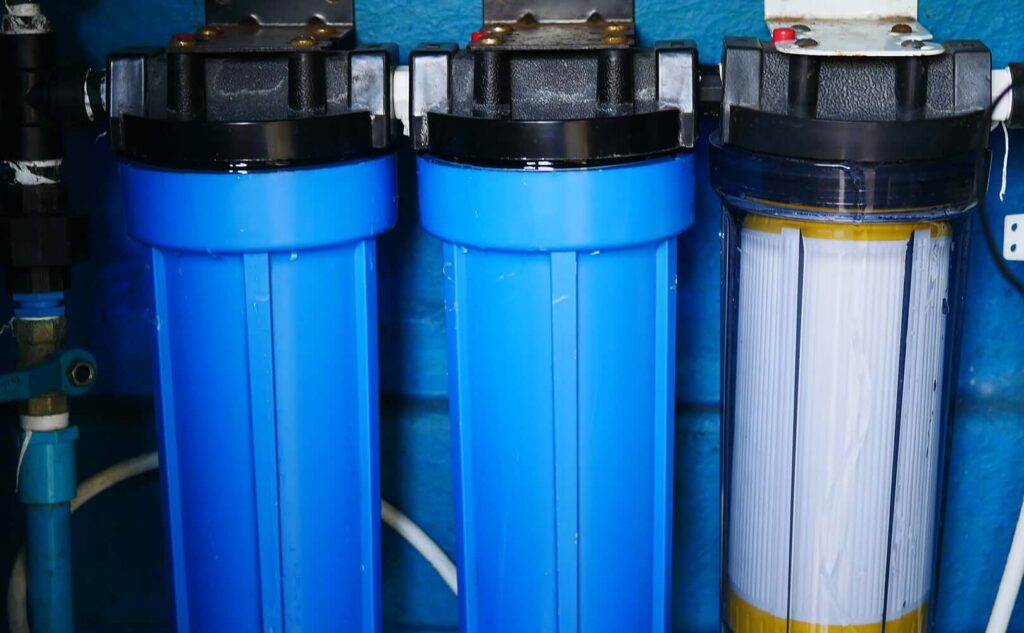

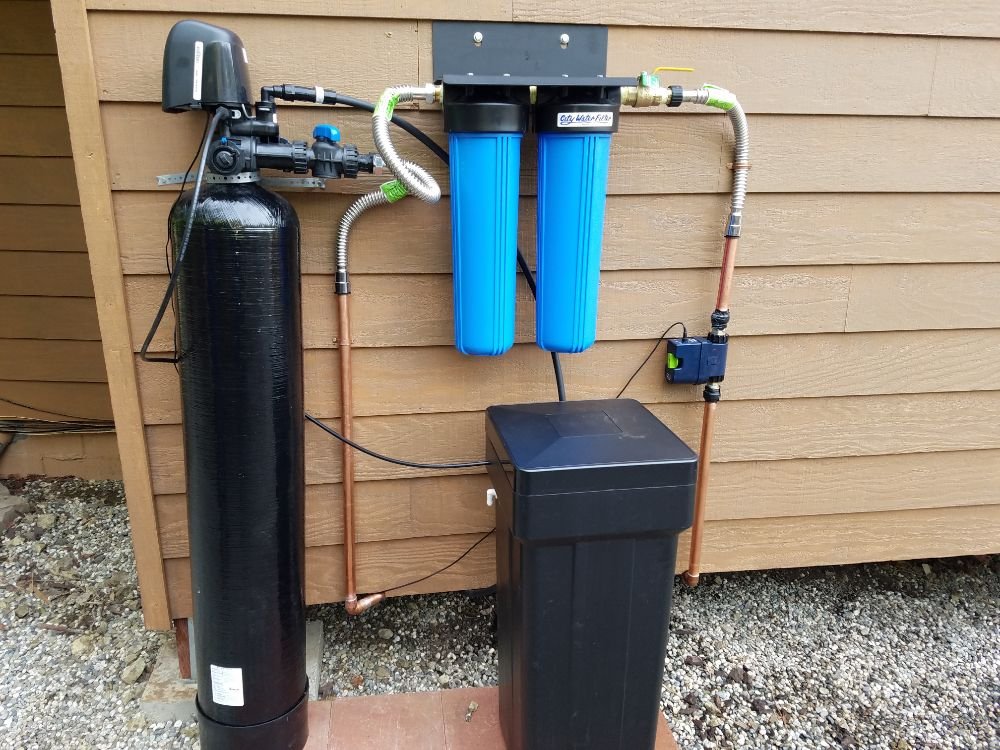


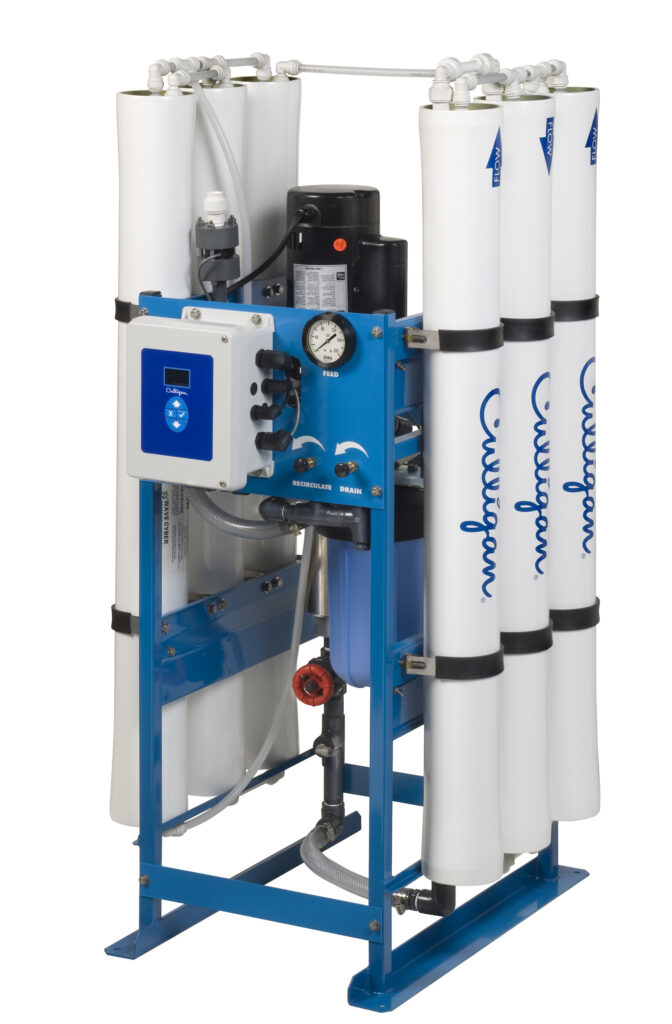








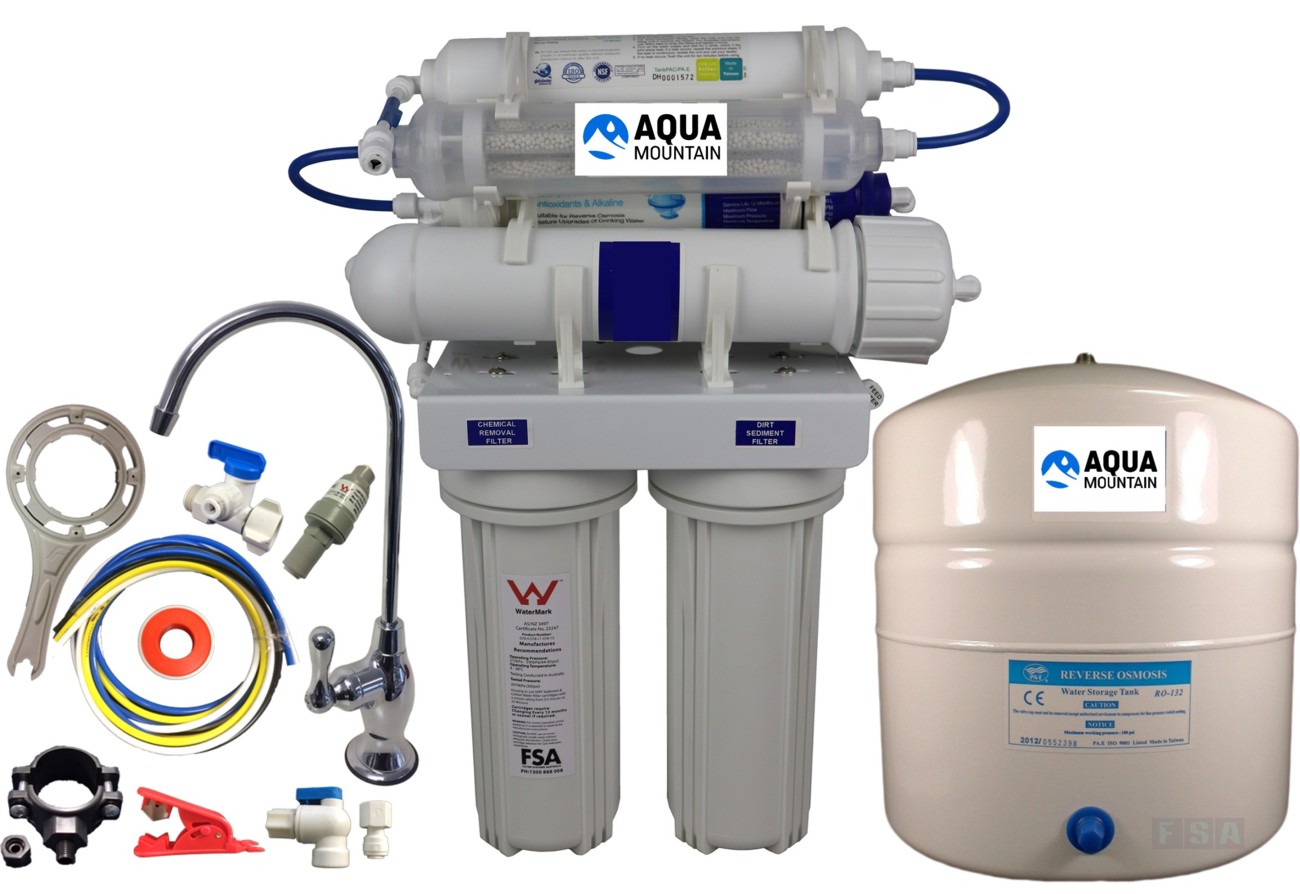





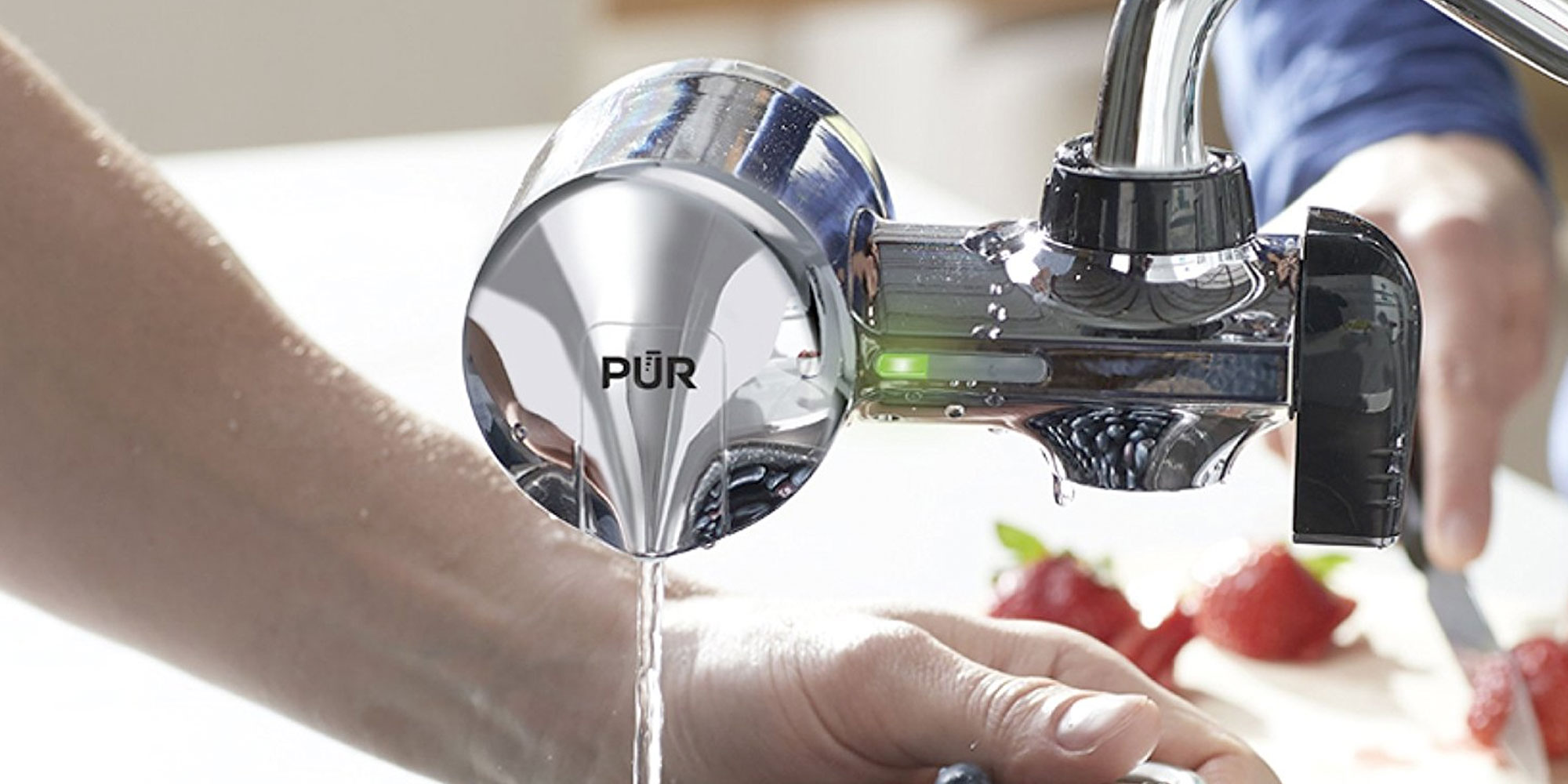
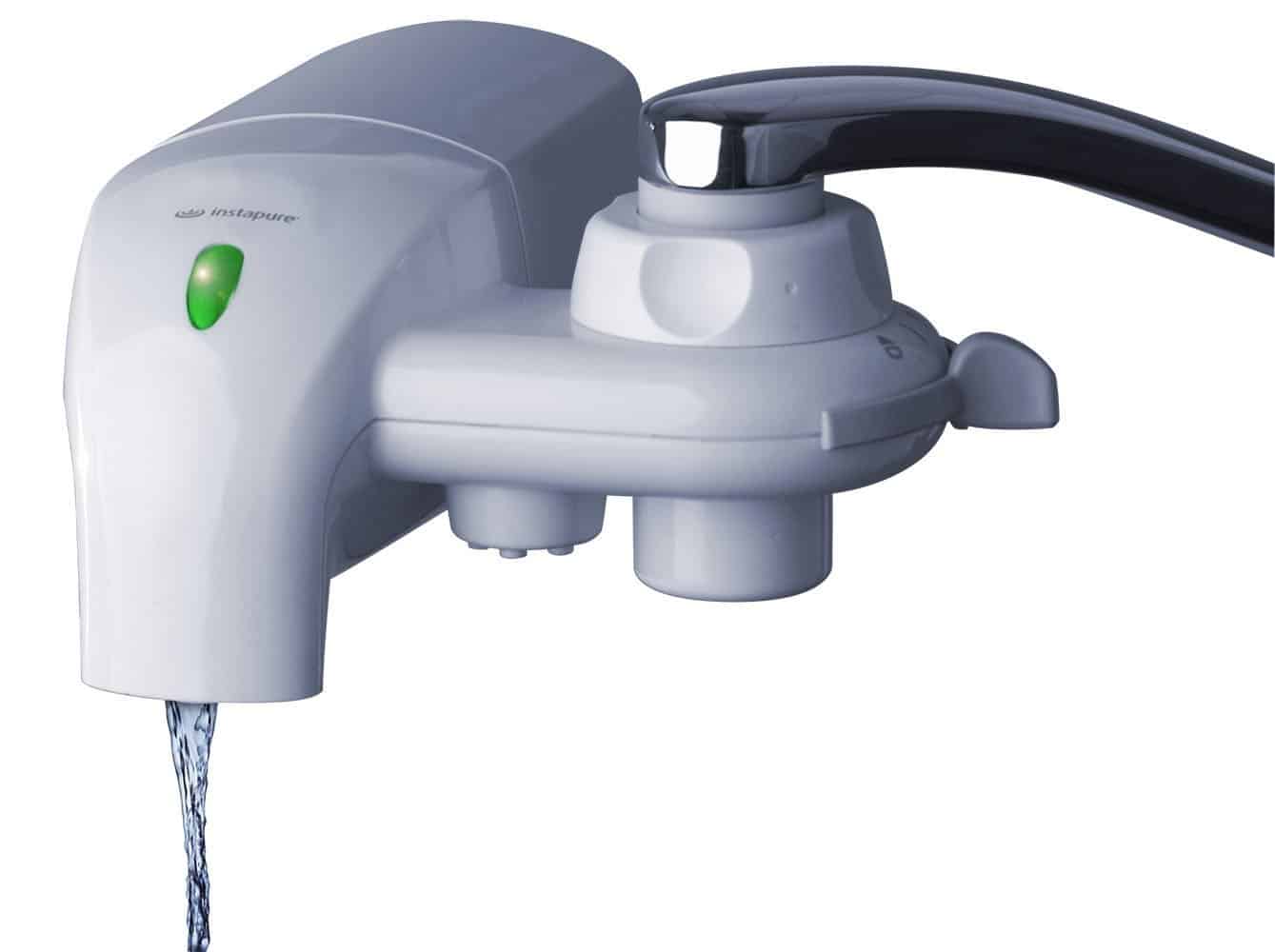
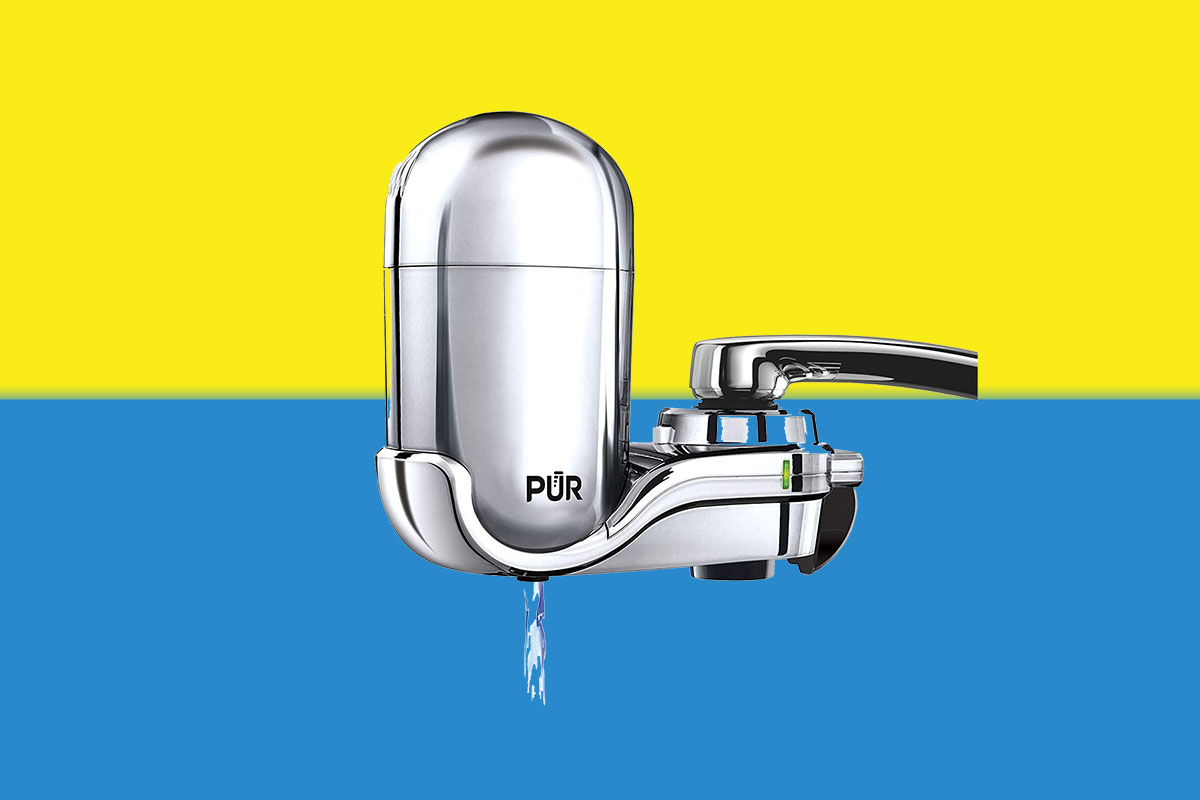
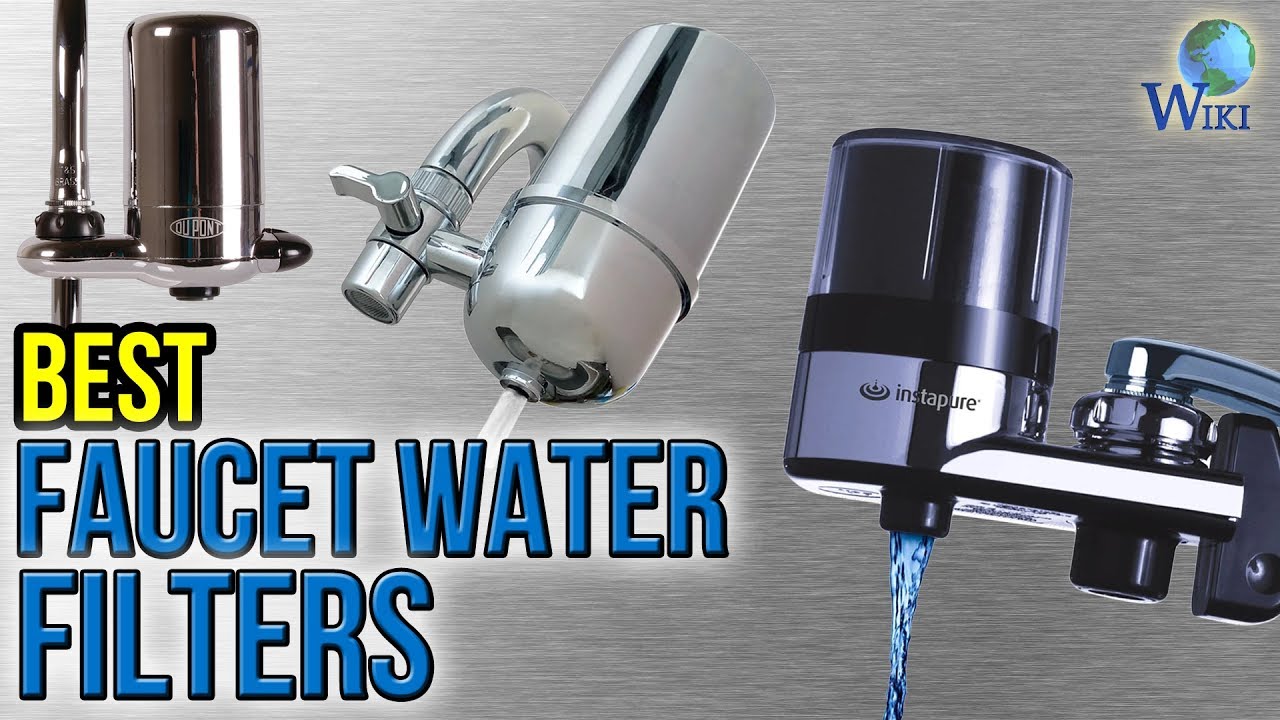

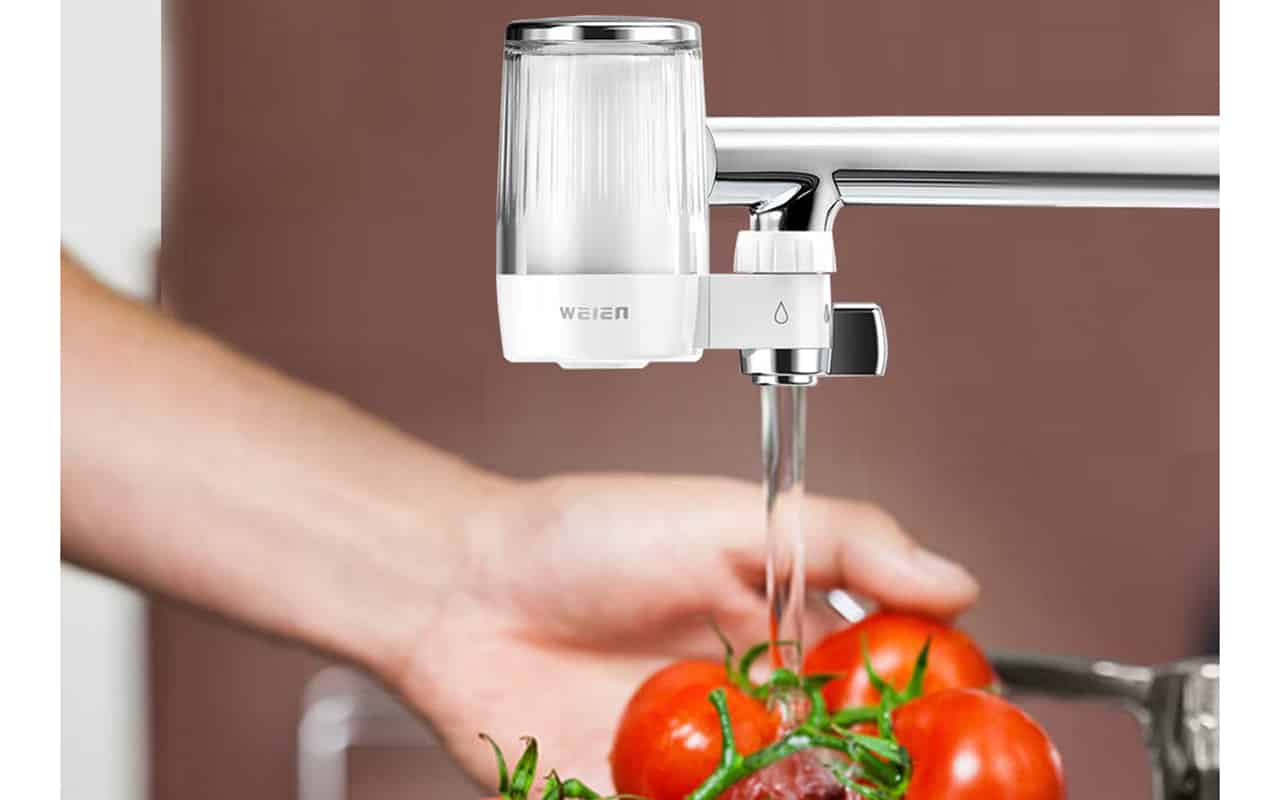
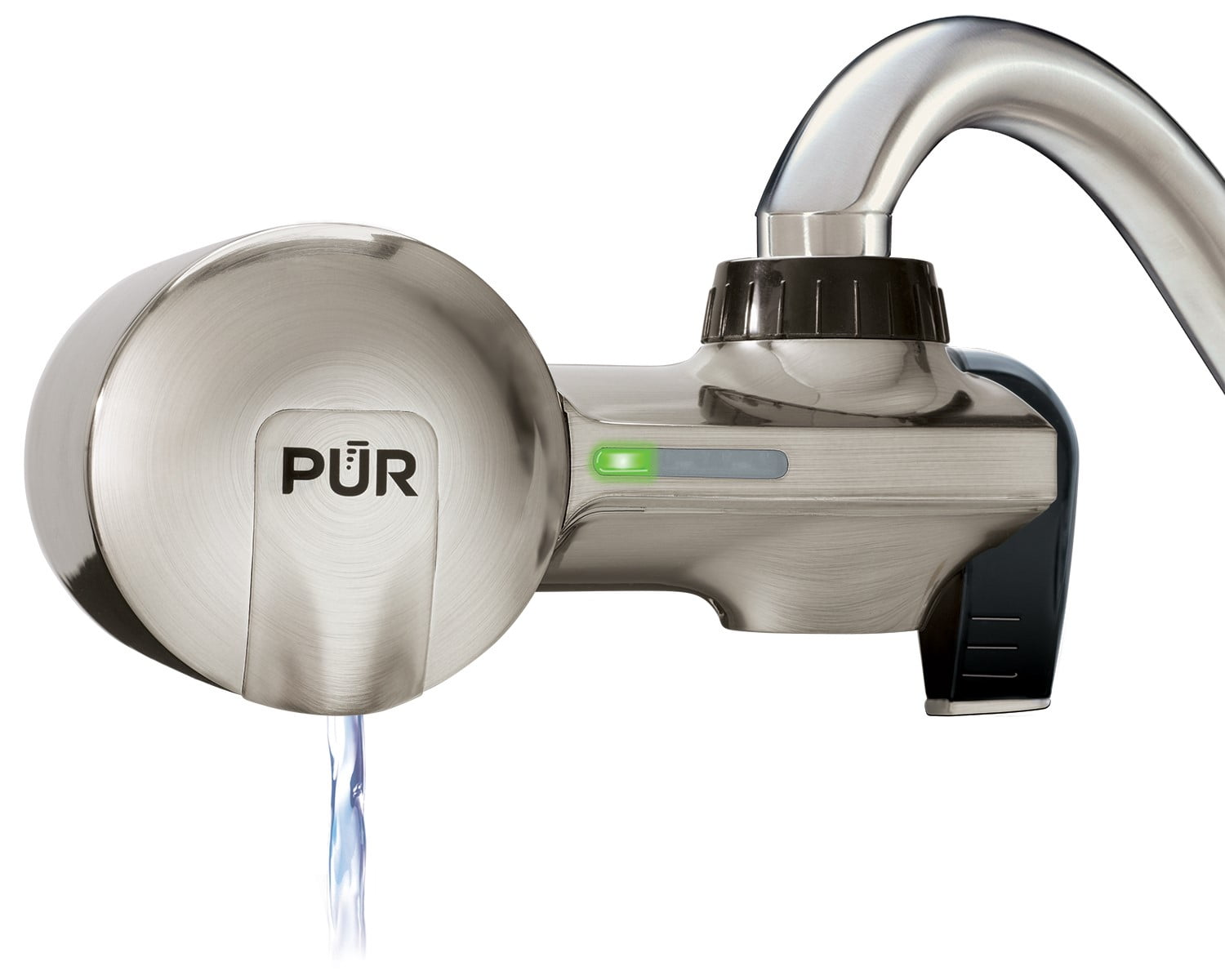

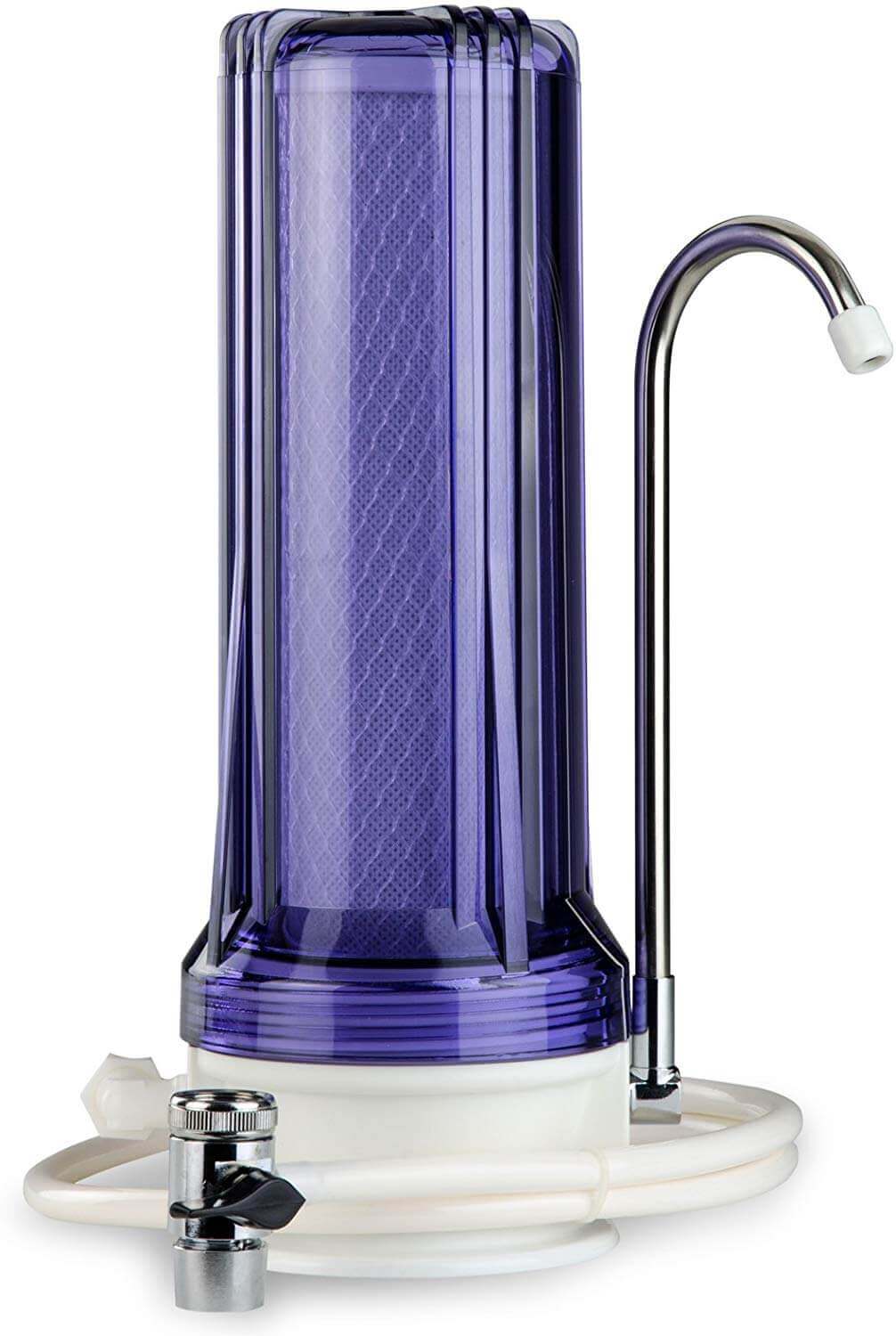
:max_bytes(150000):strip_icc()/ScreenShot2020-12-03at2.30.35PM-77ae94dda2f745eeadda39d697733e18.png)



/waterpurifieronsink-1135949a27e64e6c85452a207e3d5dce.jpg)



